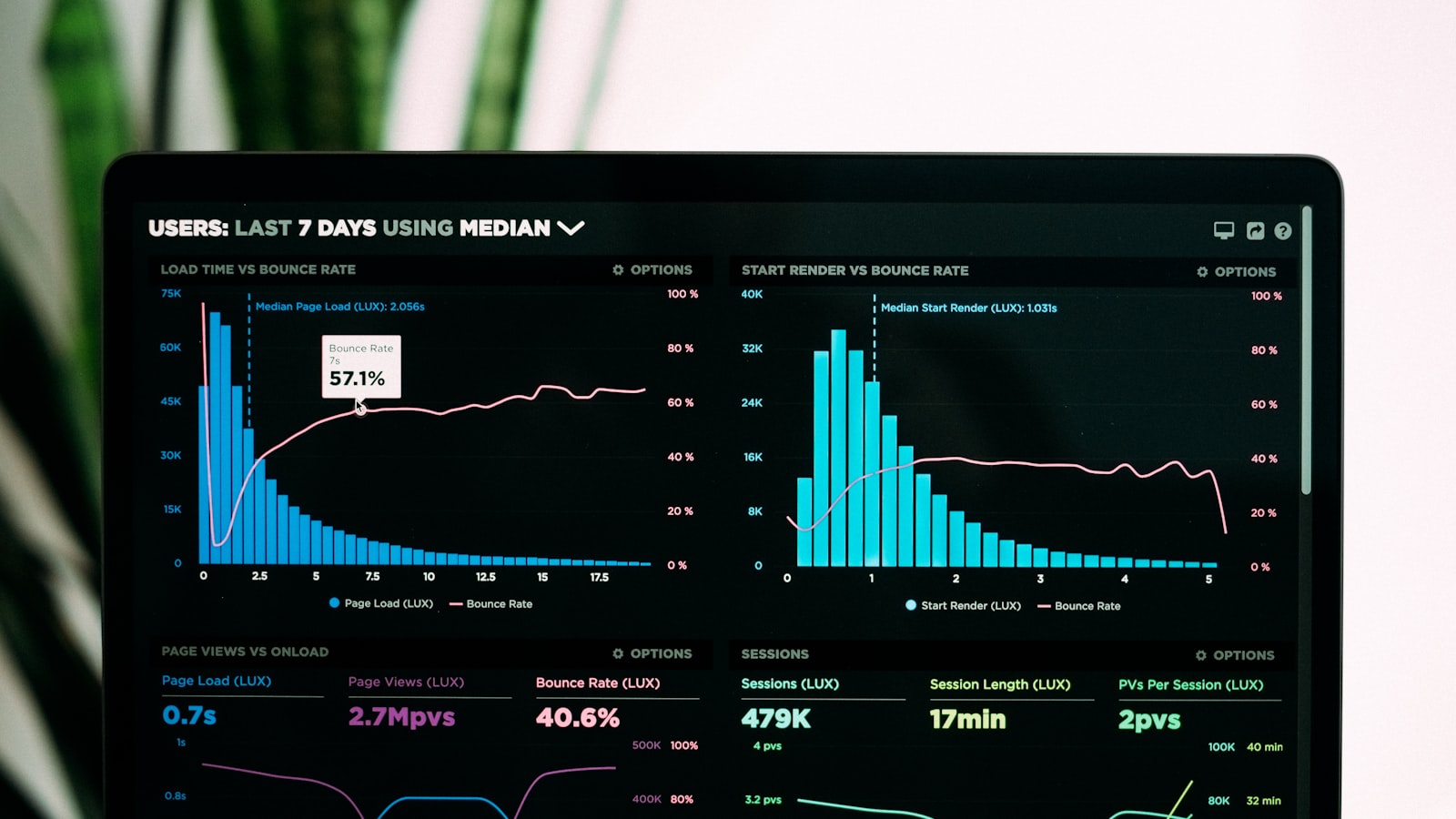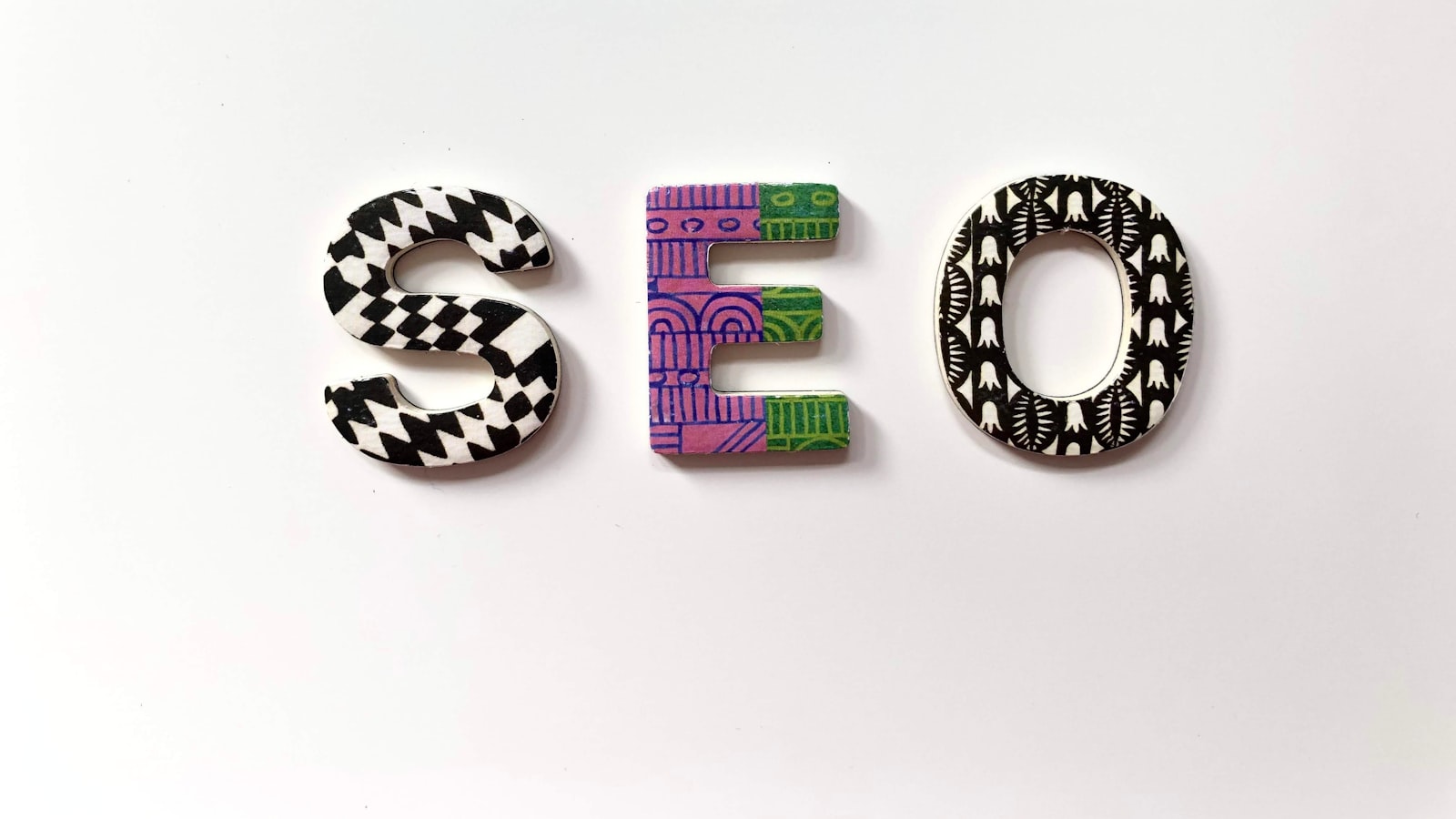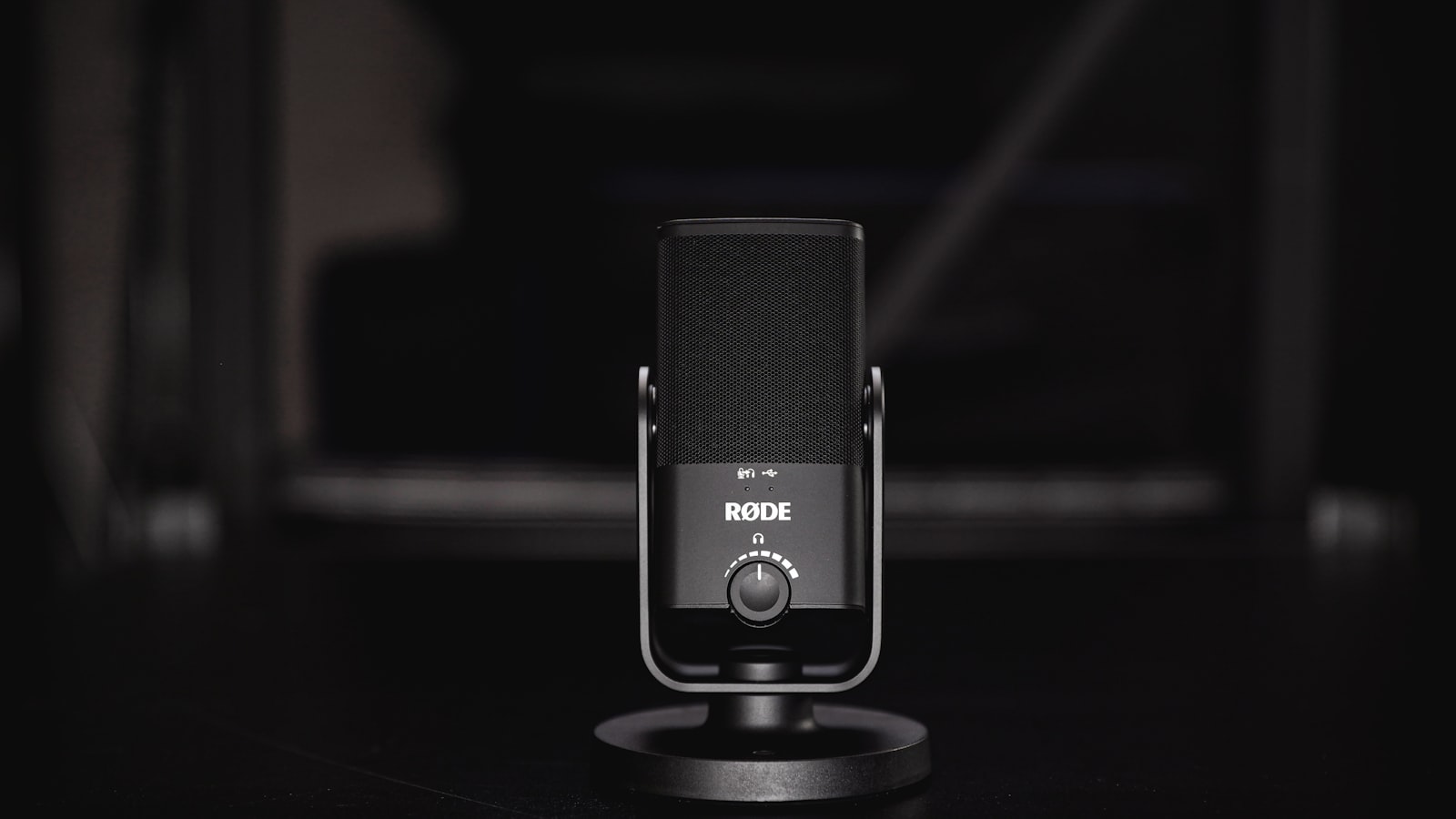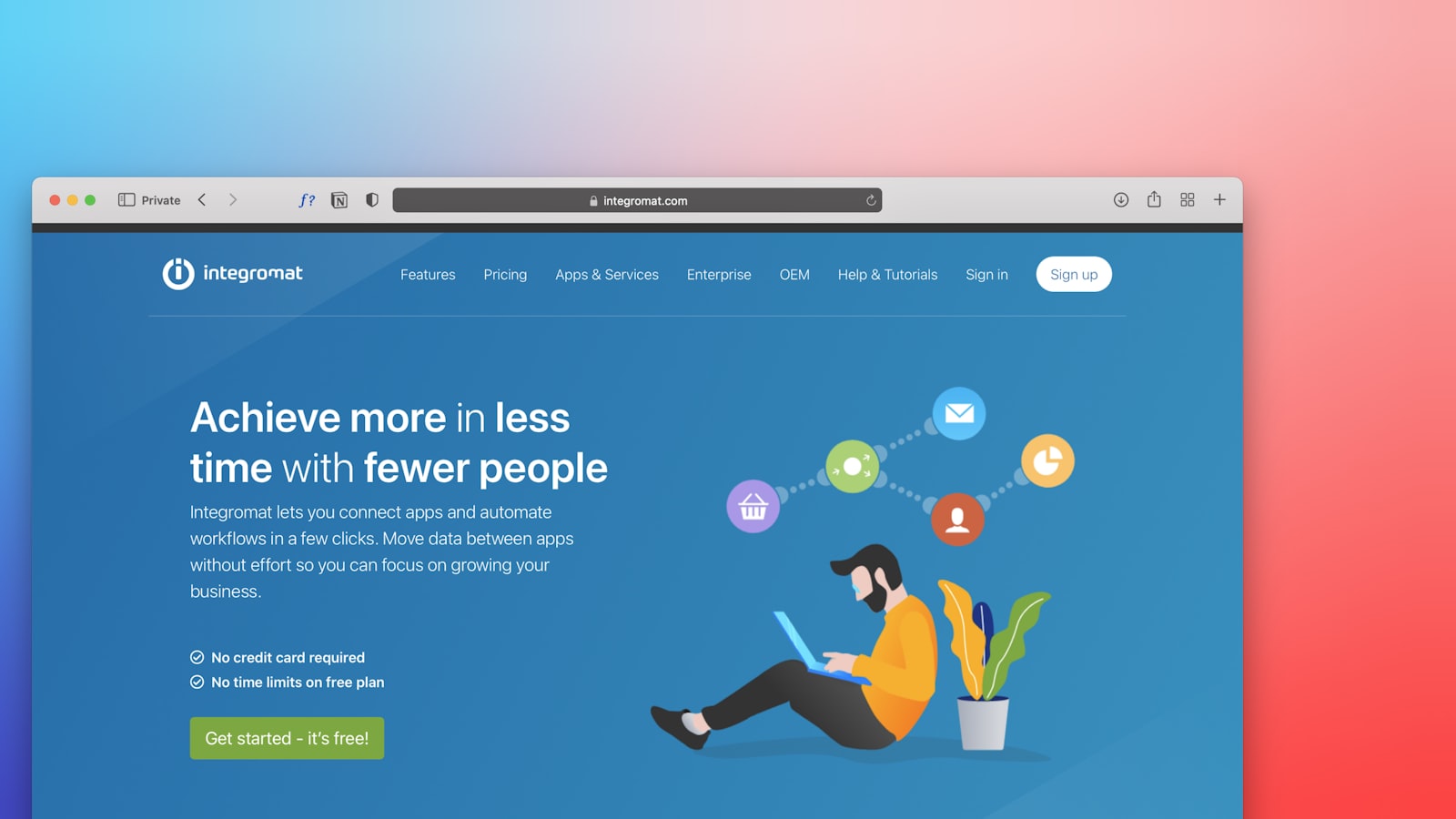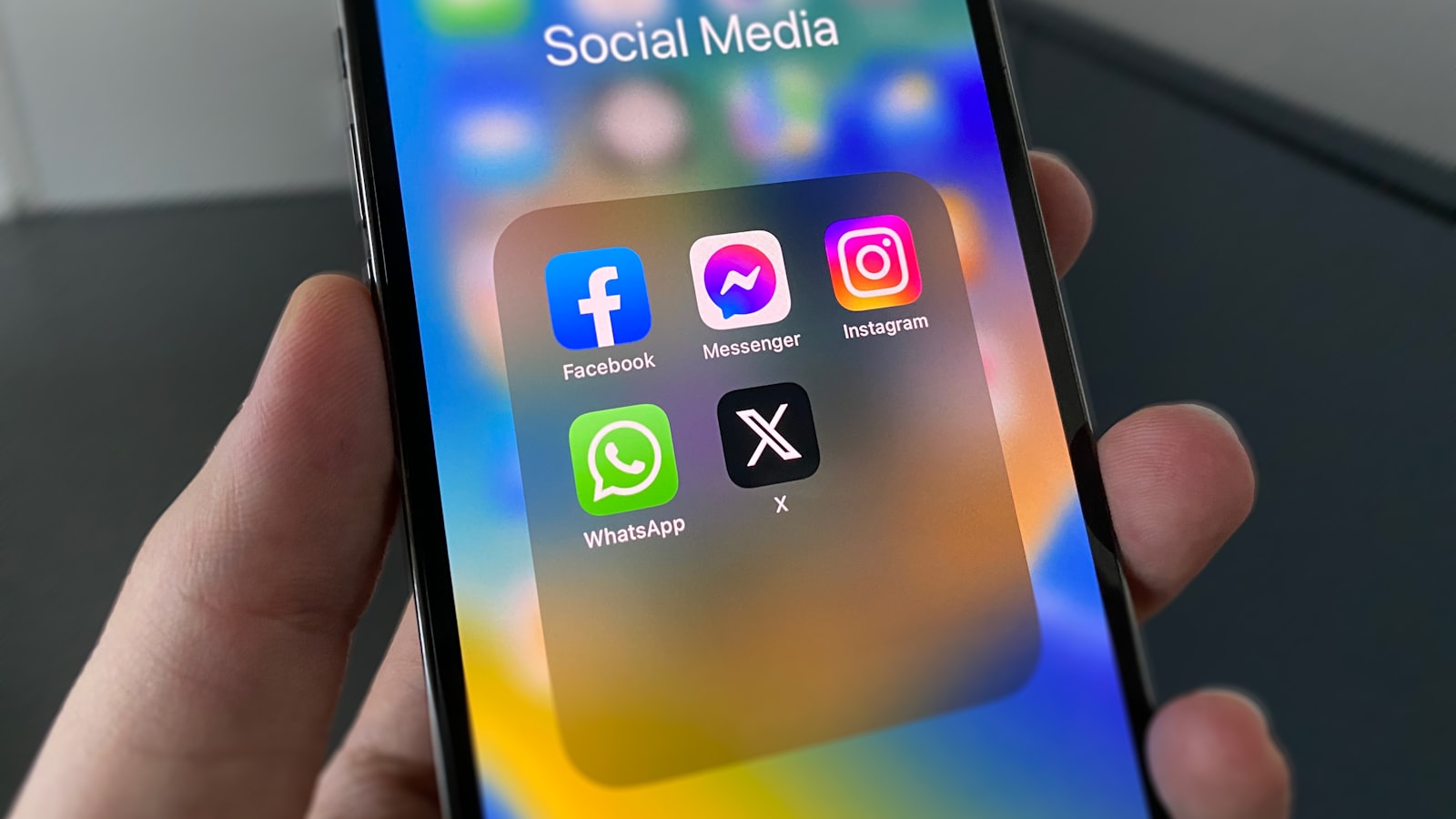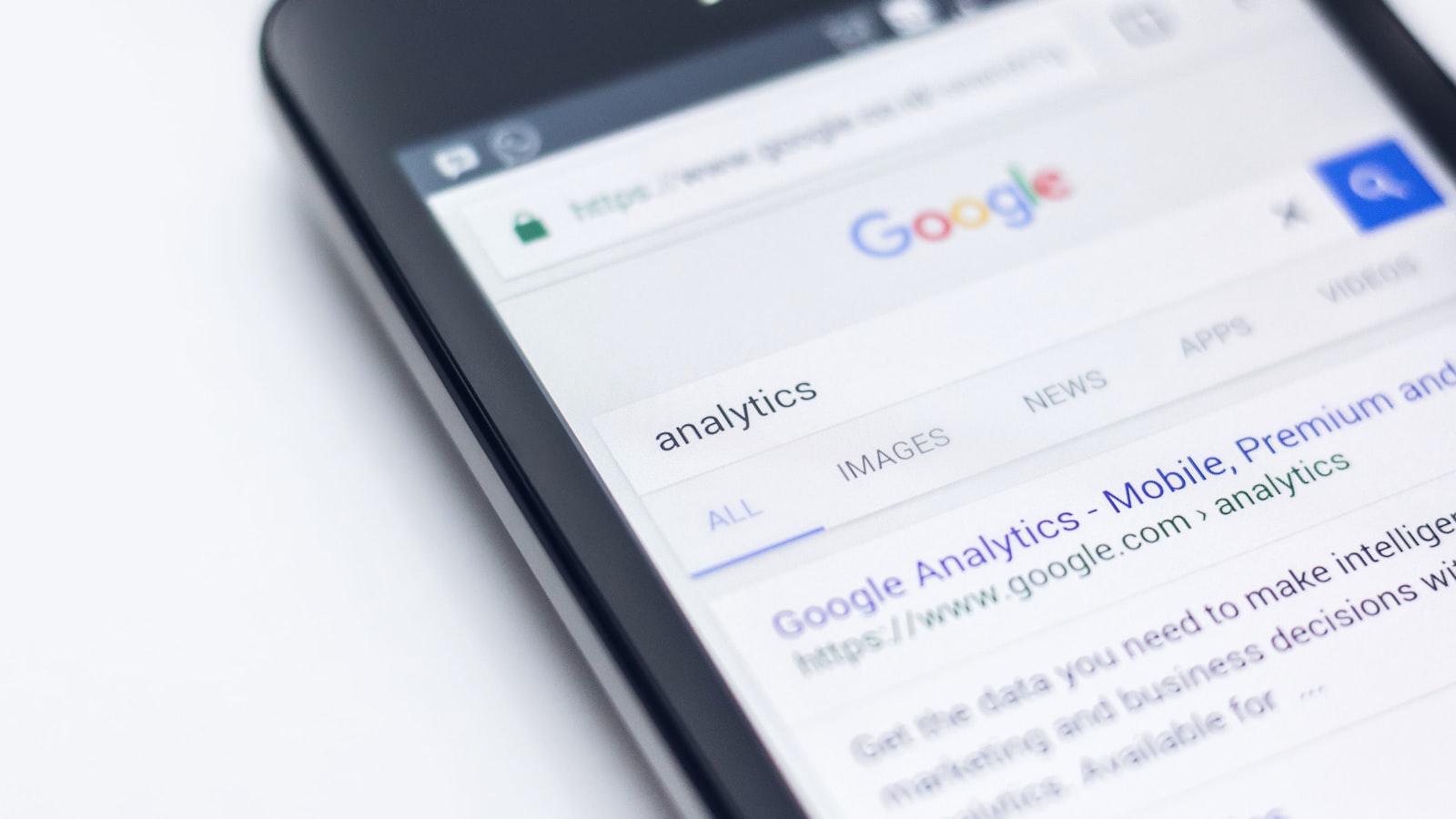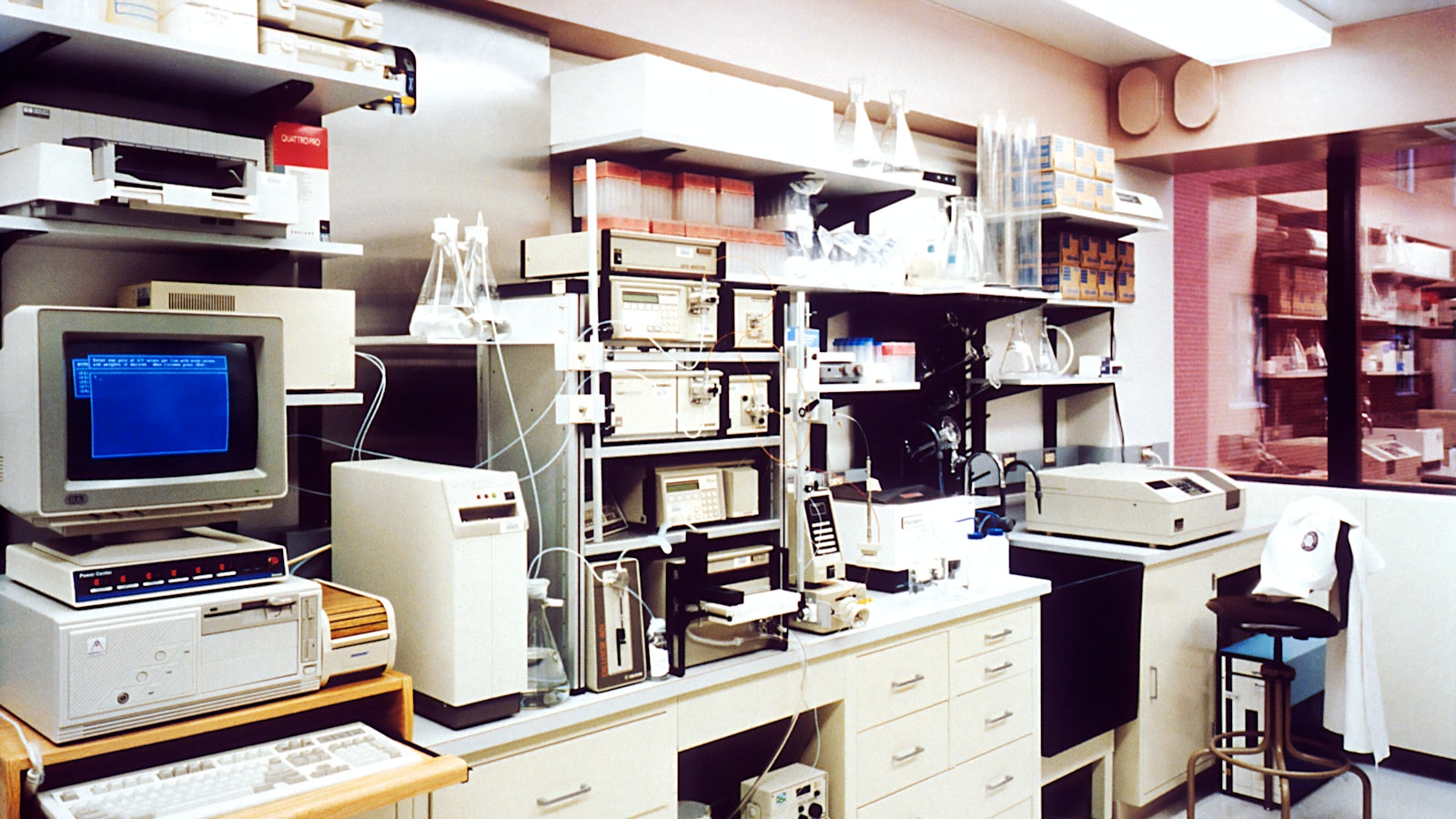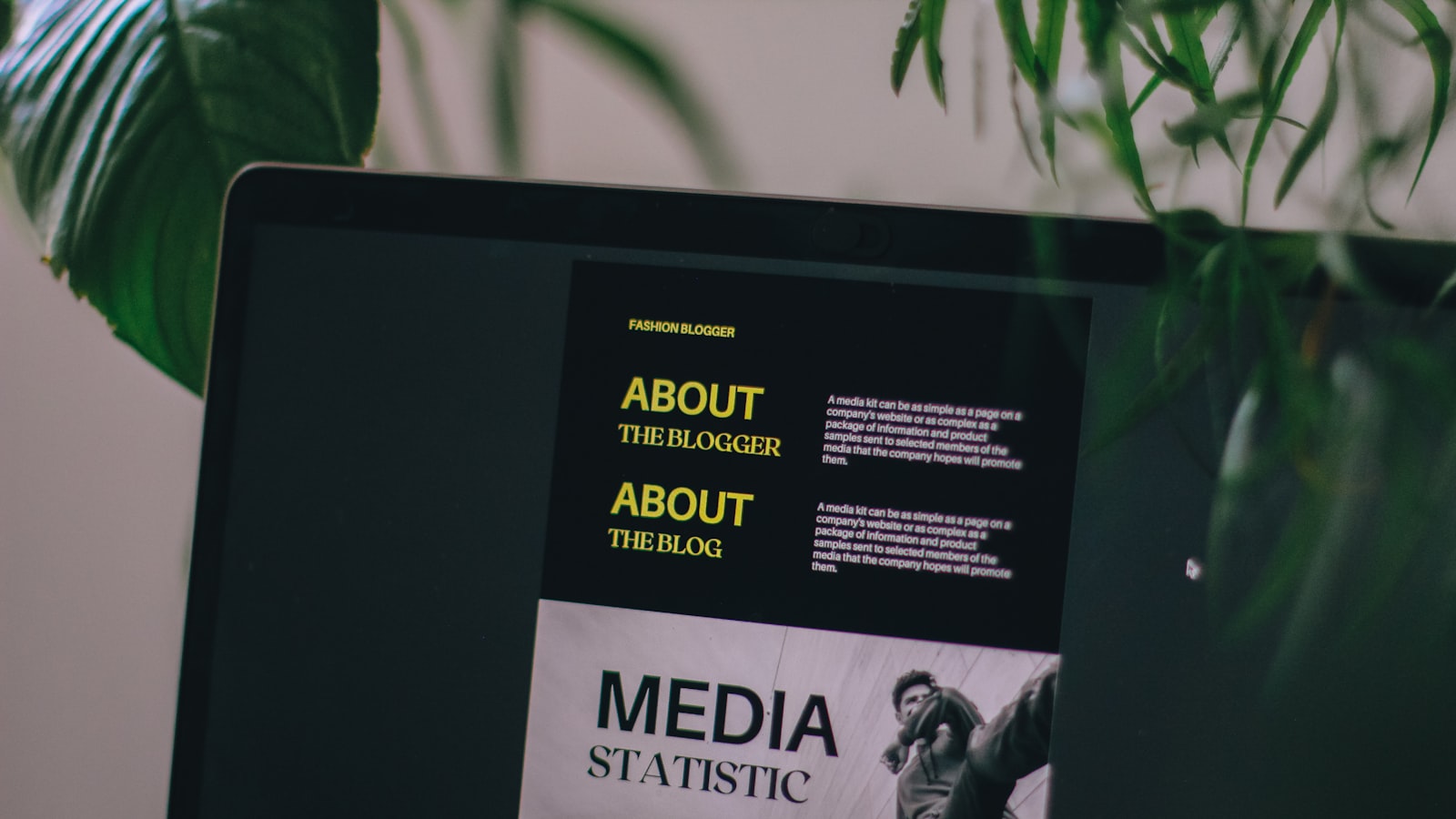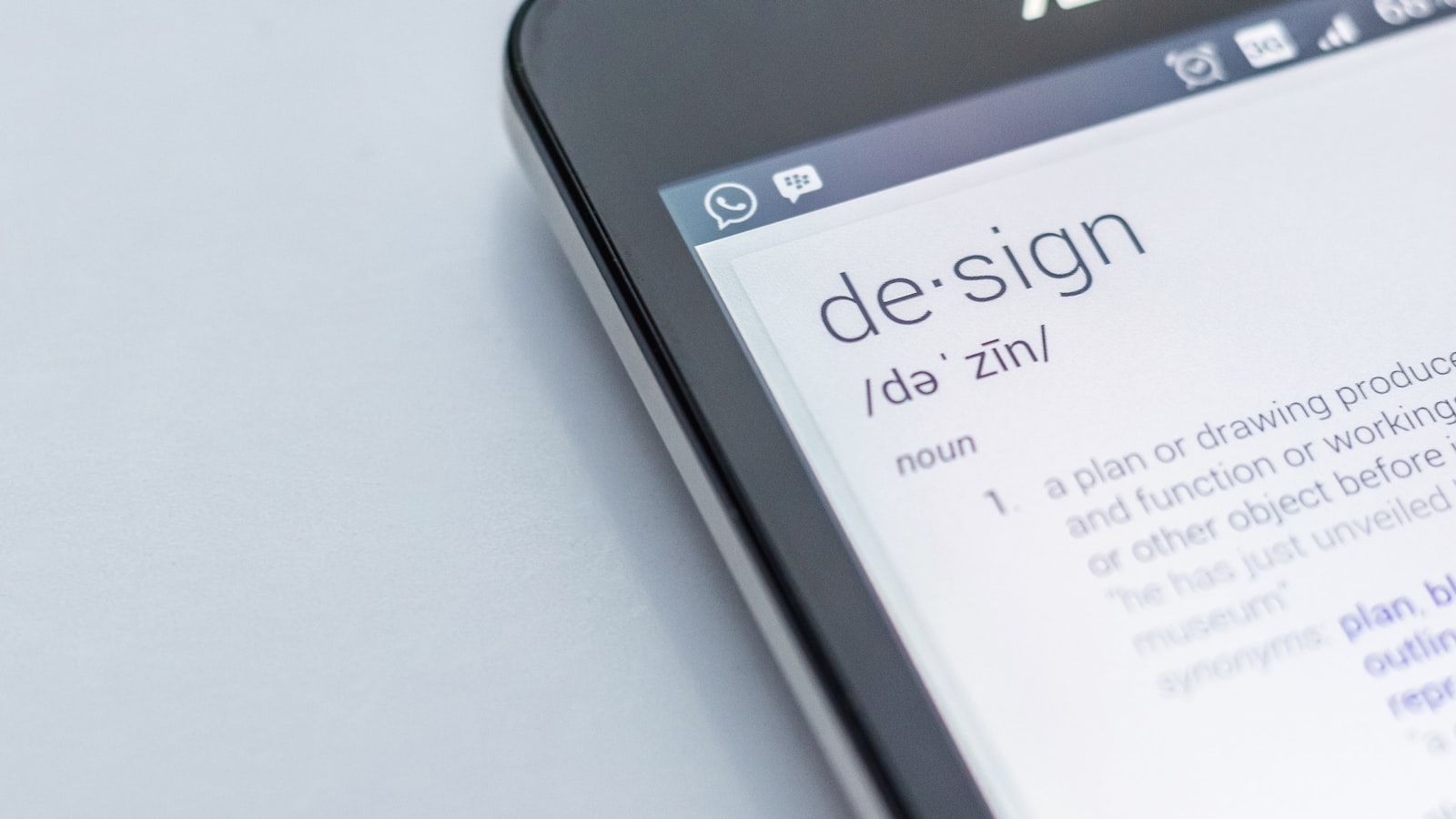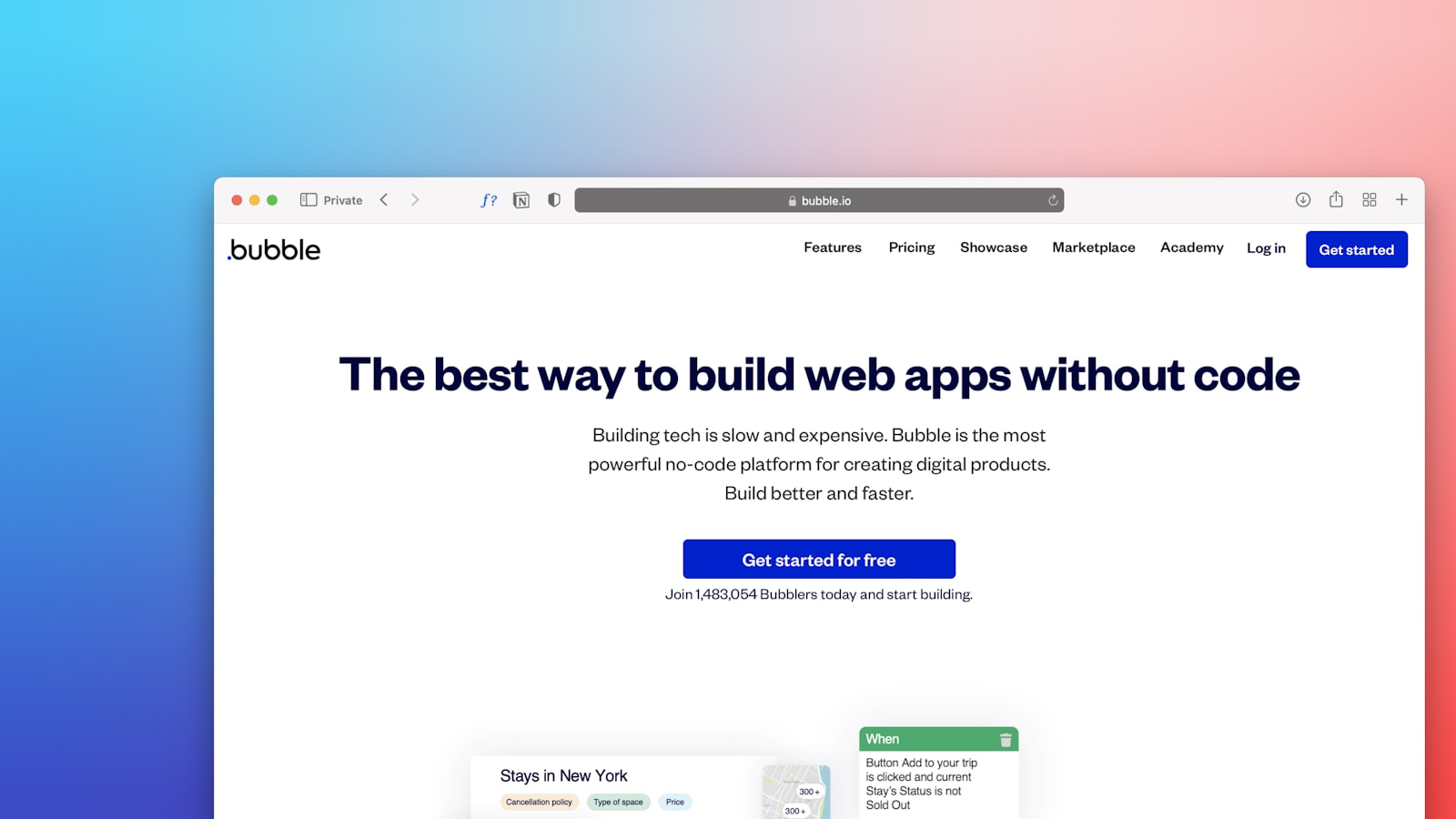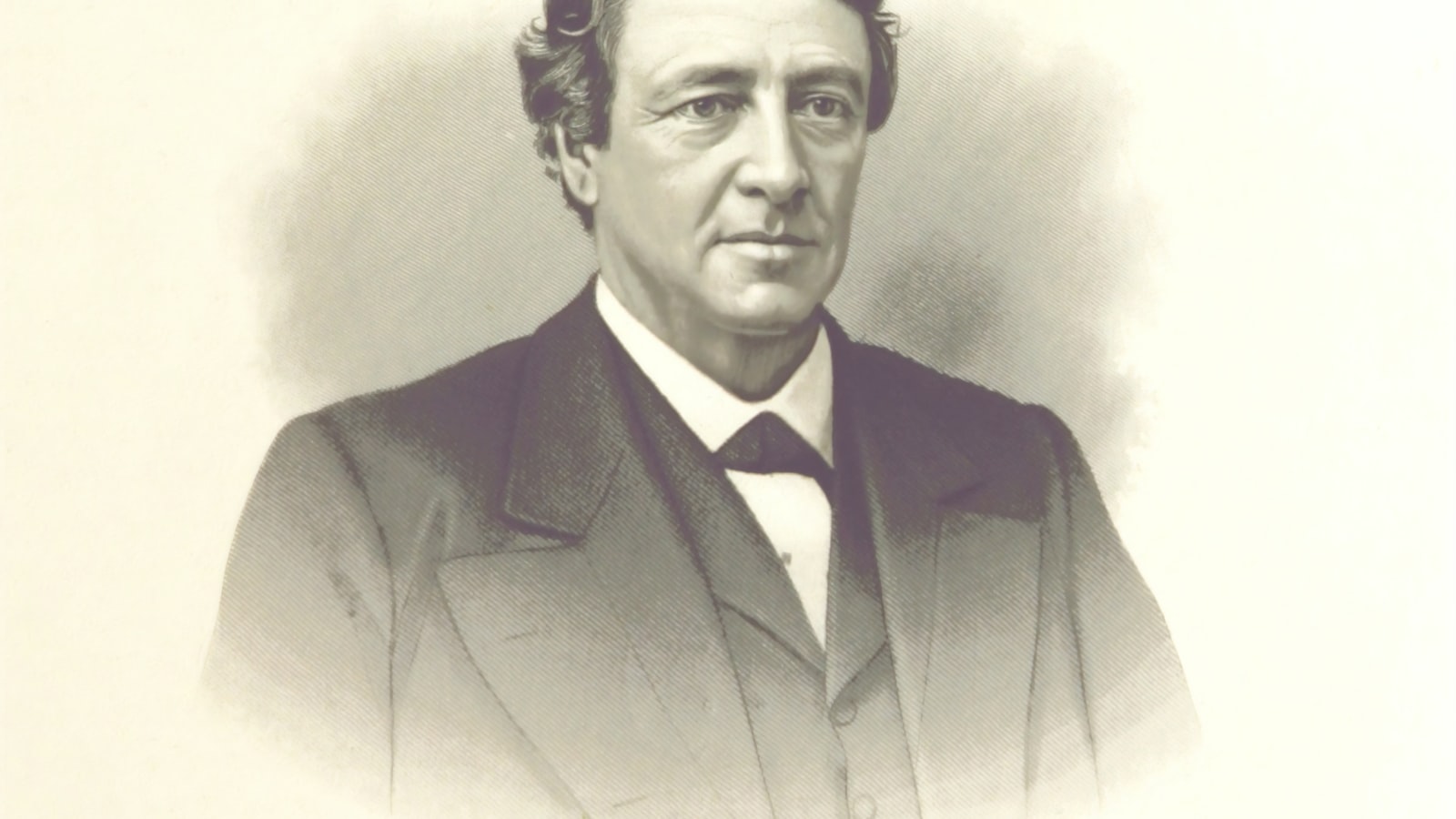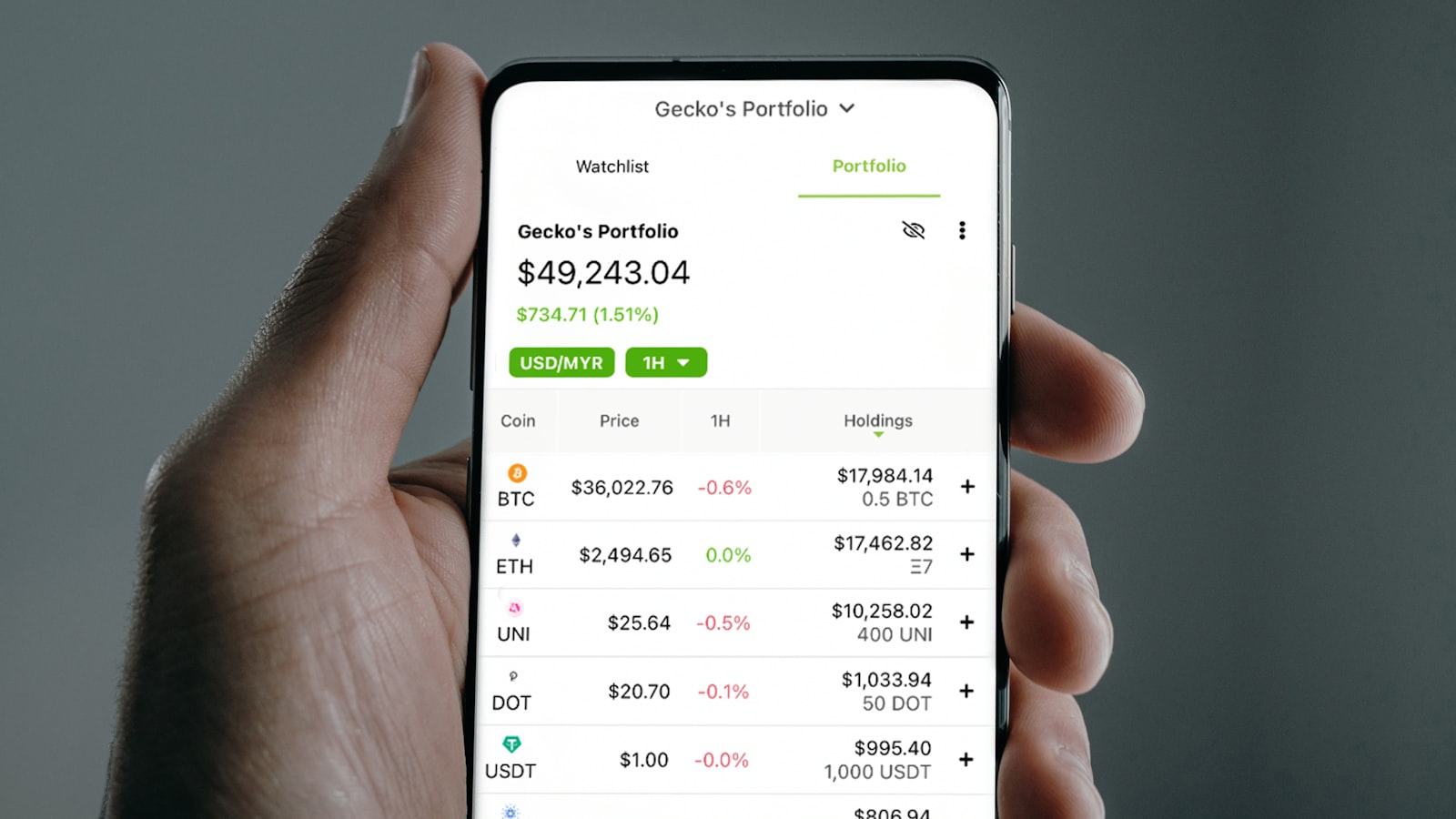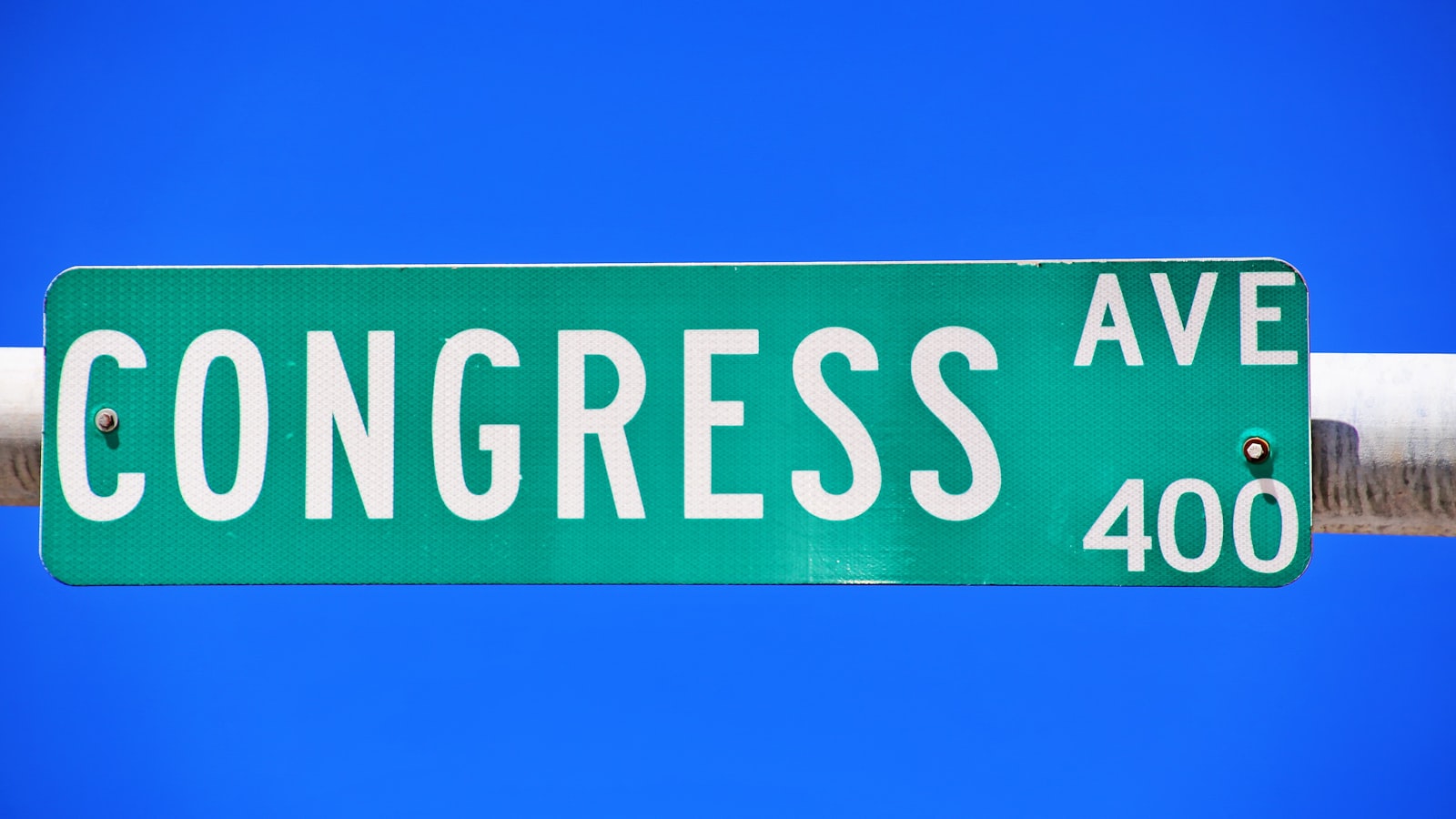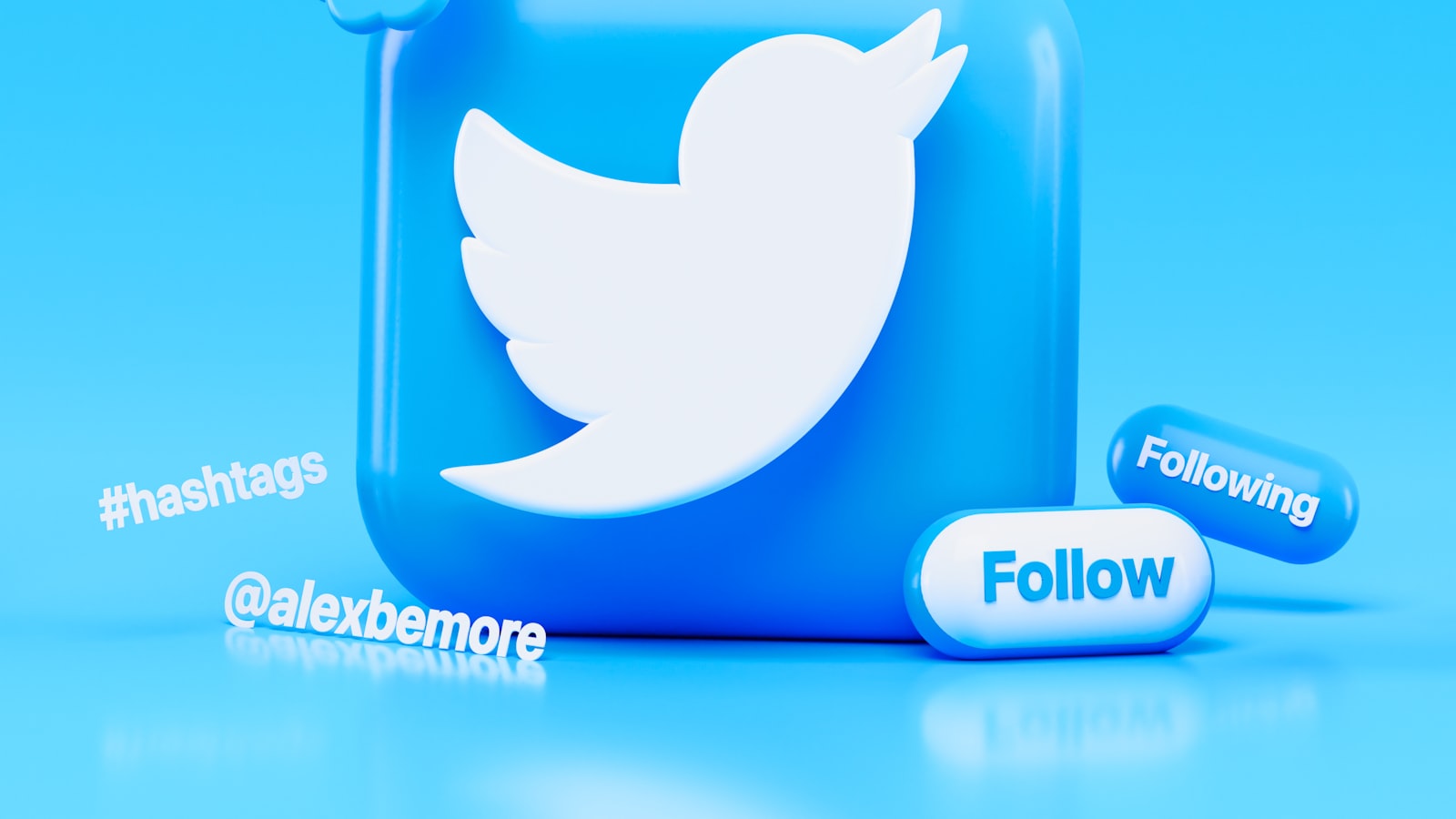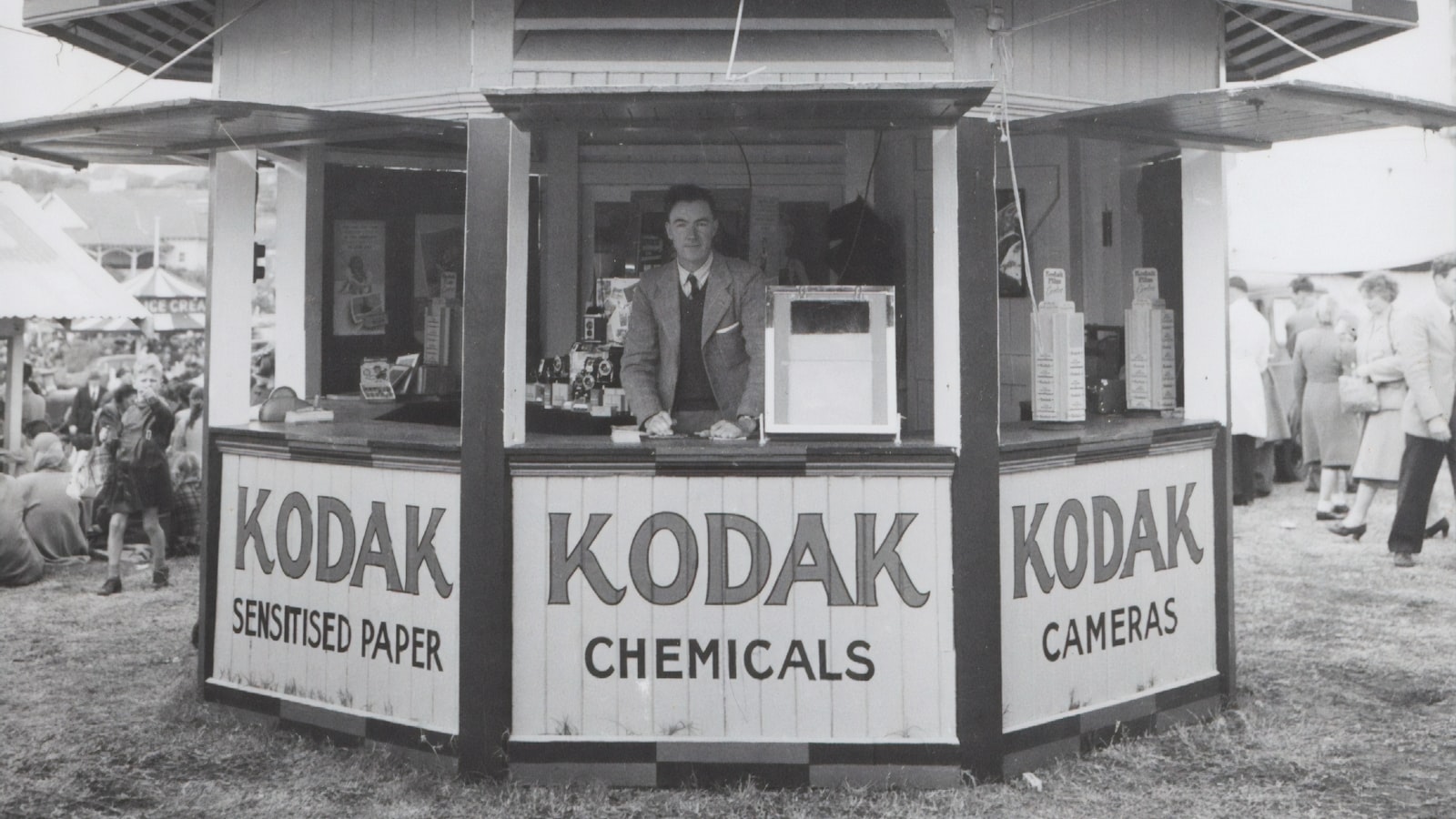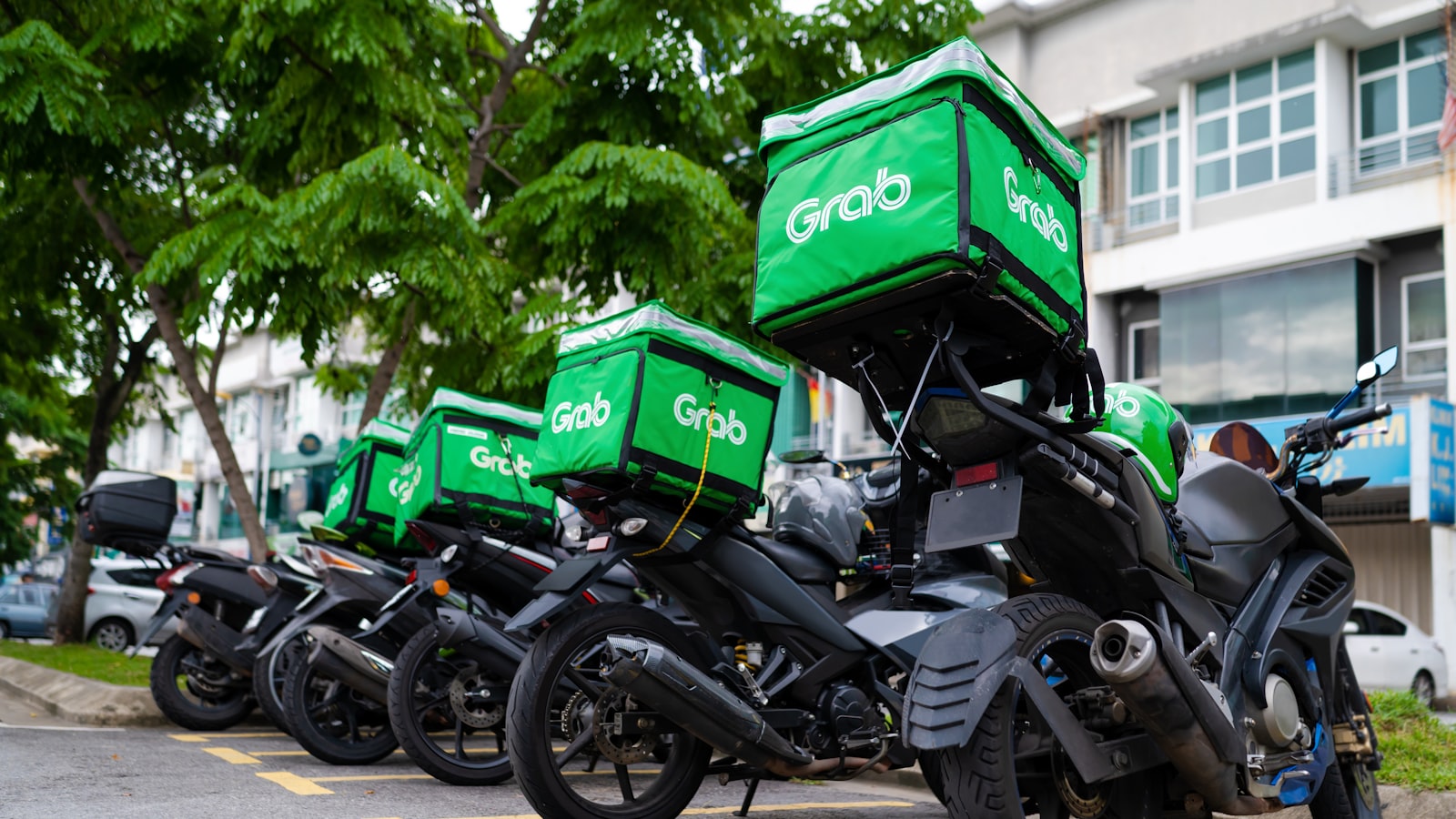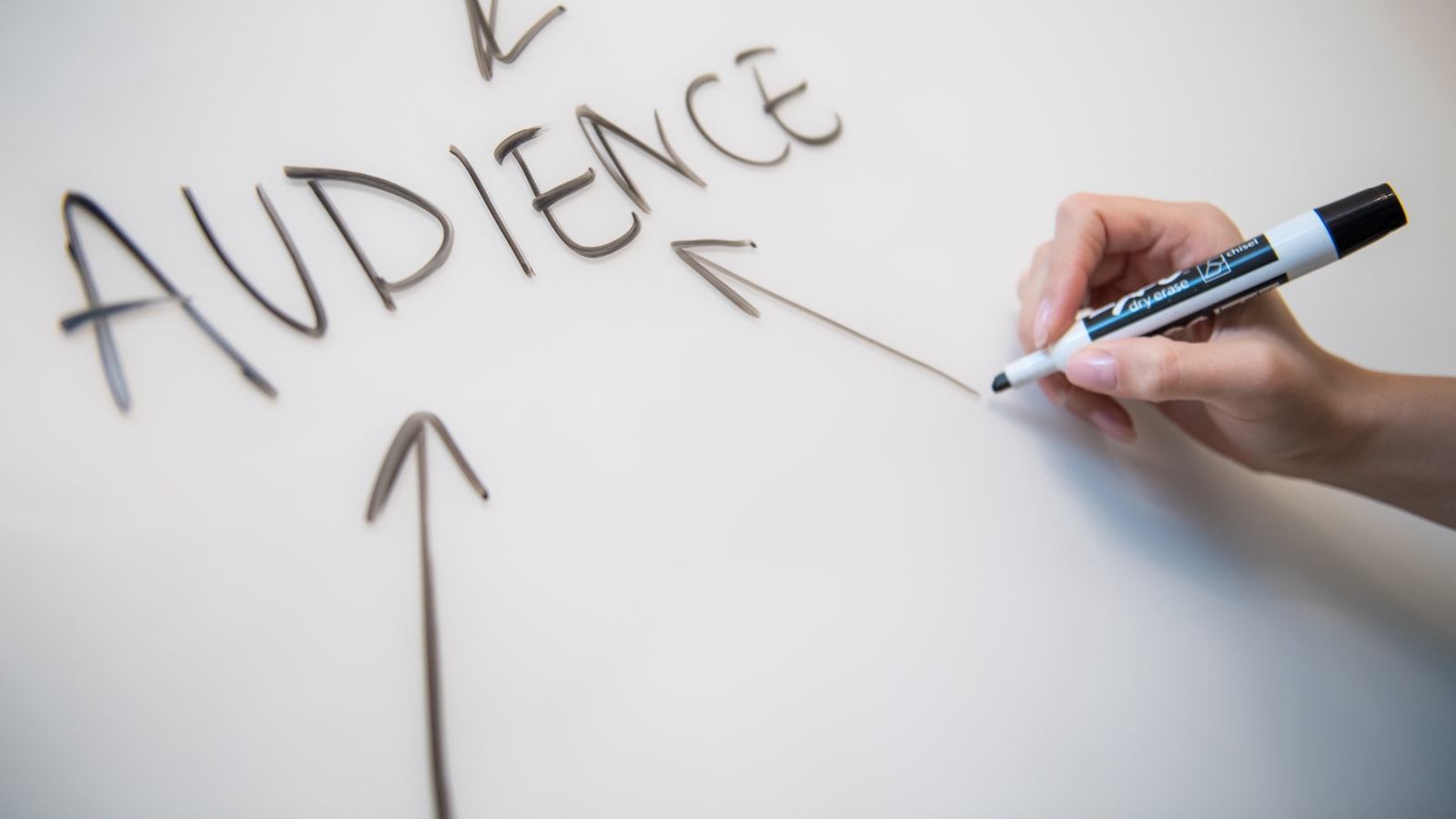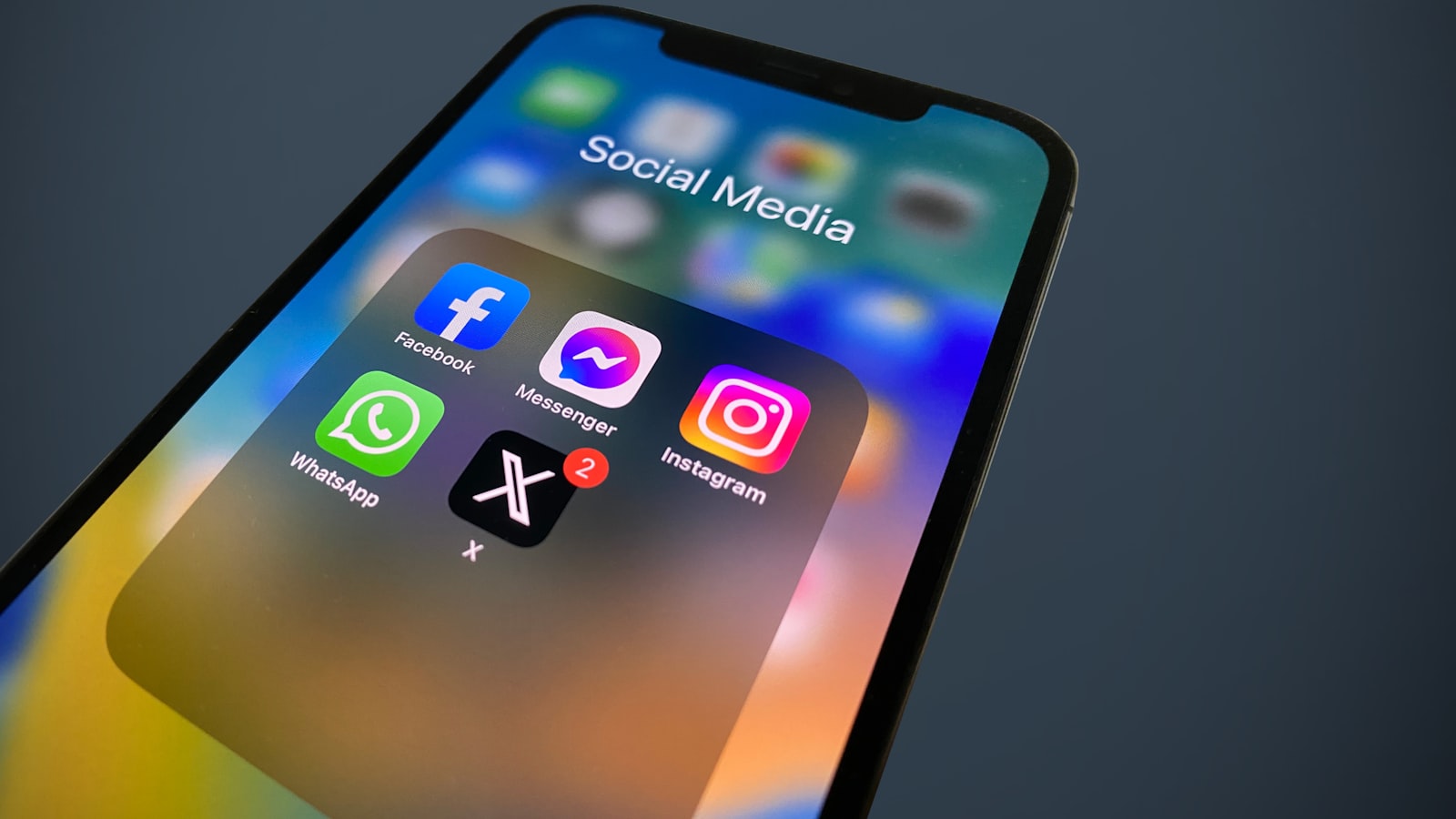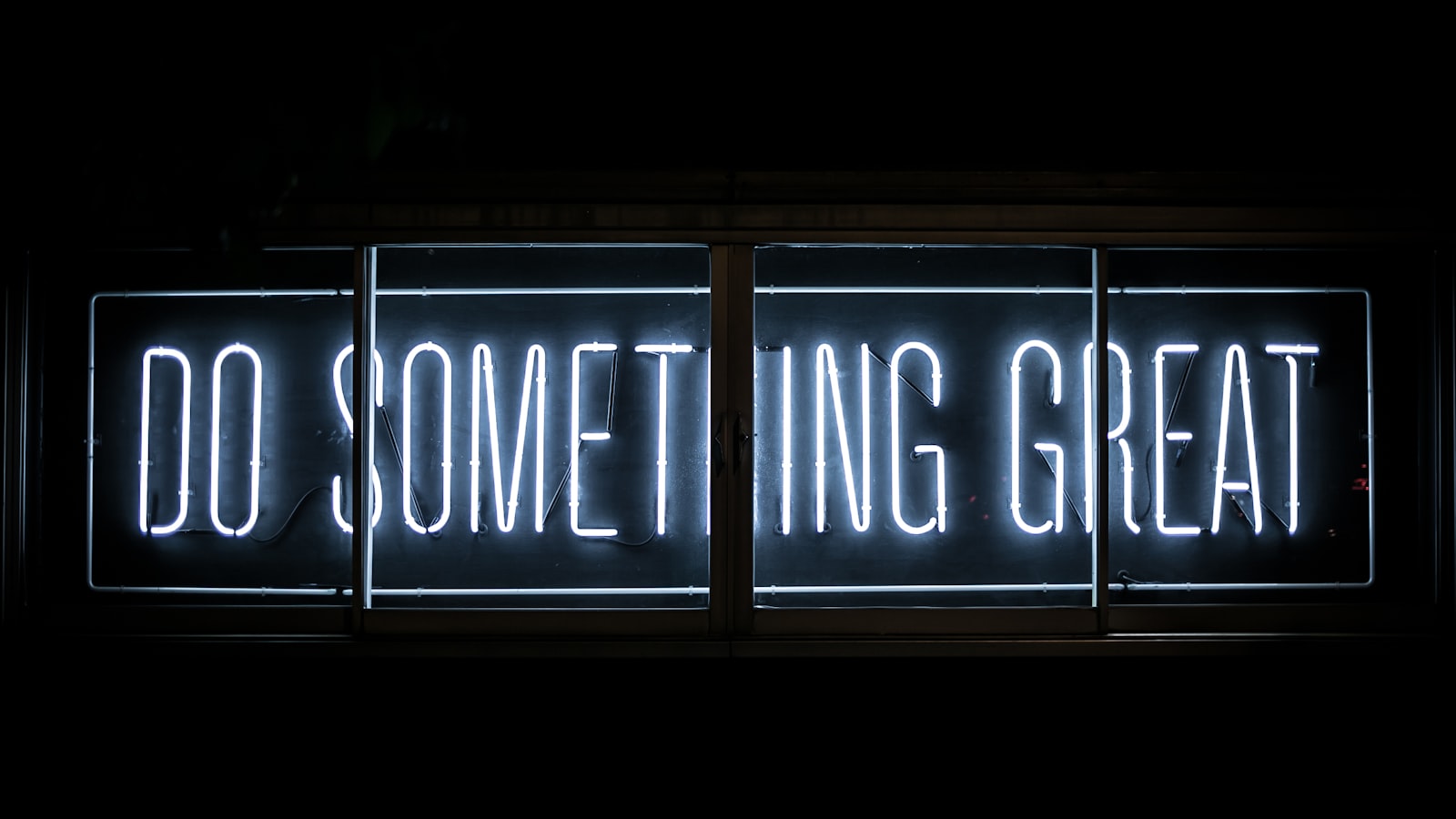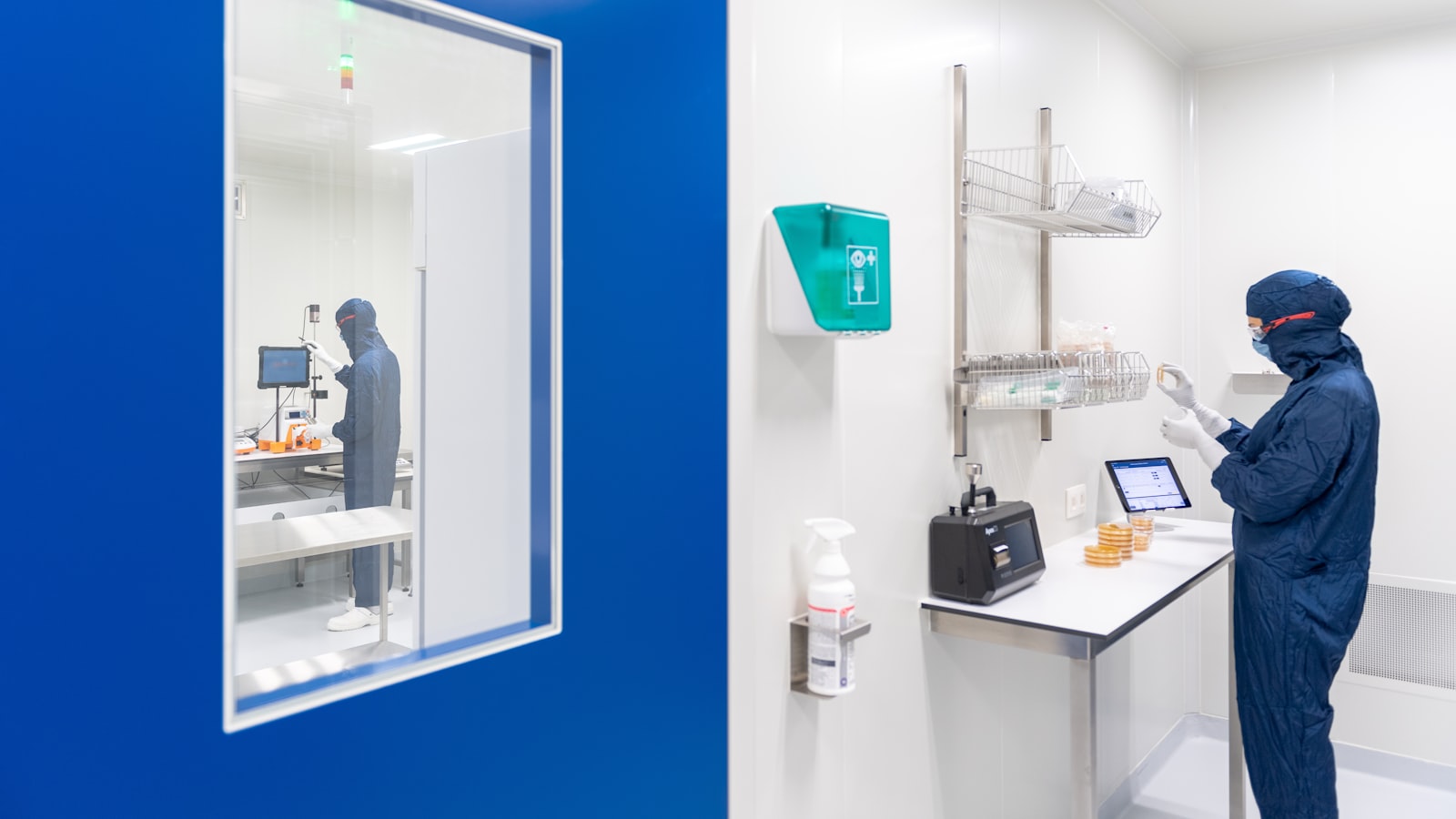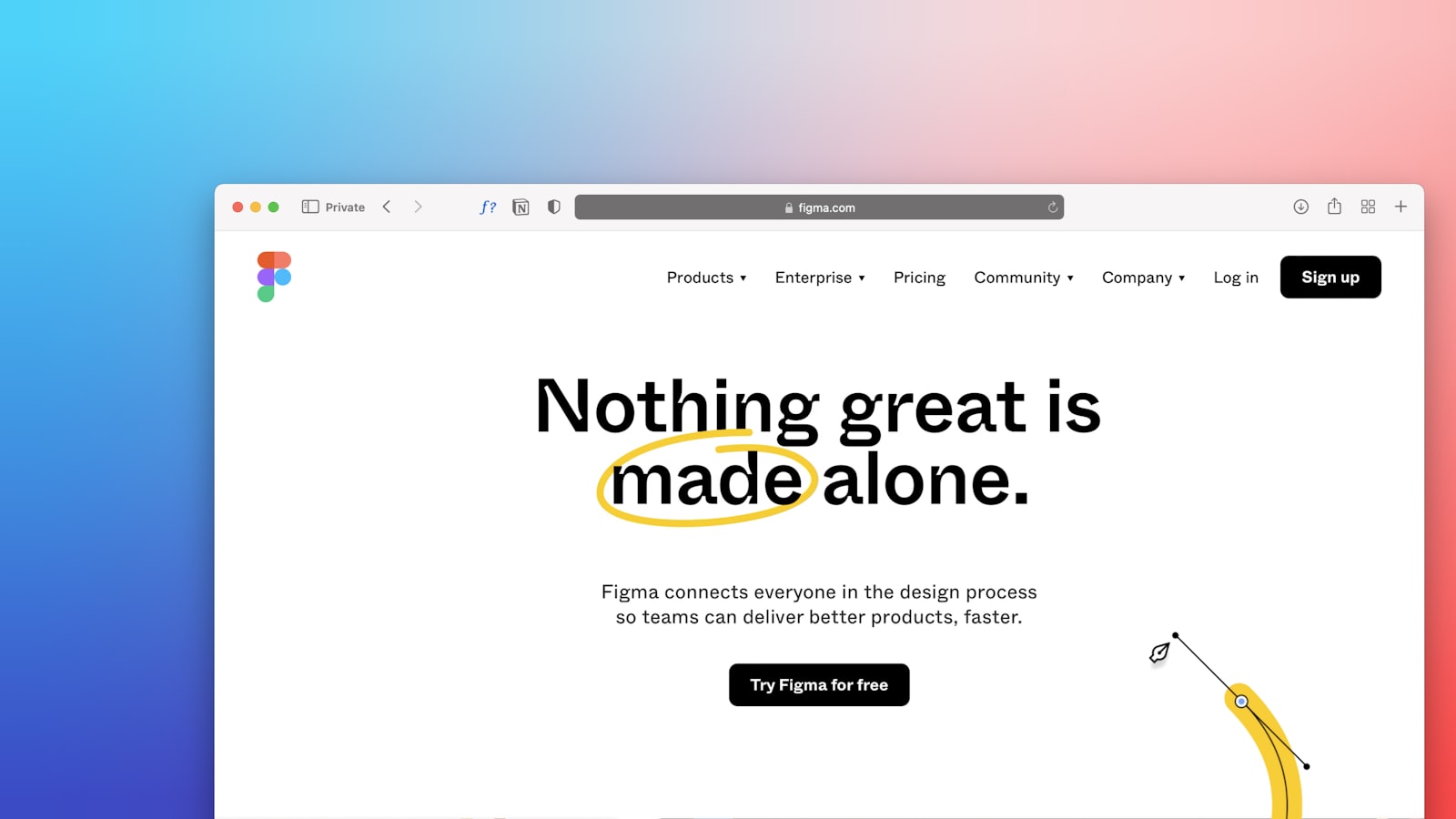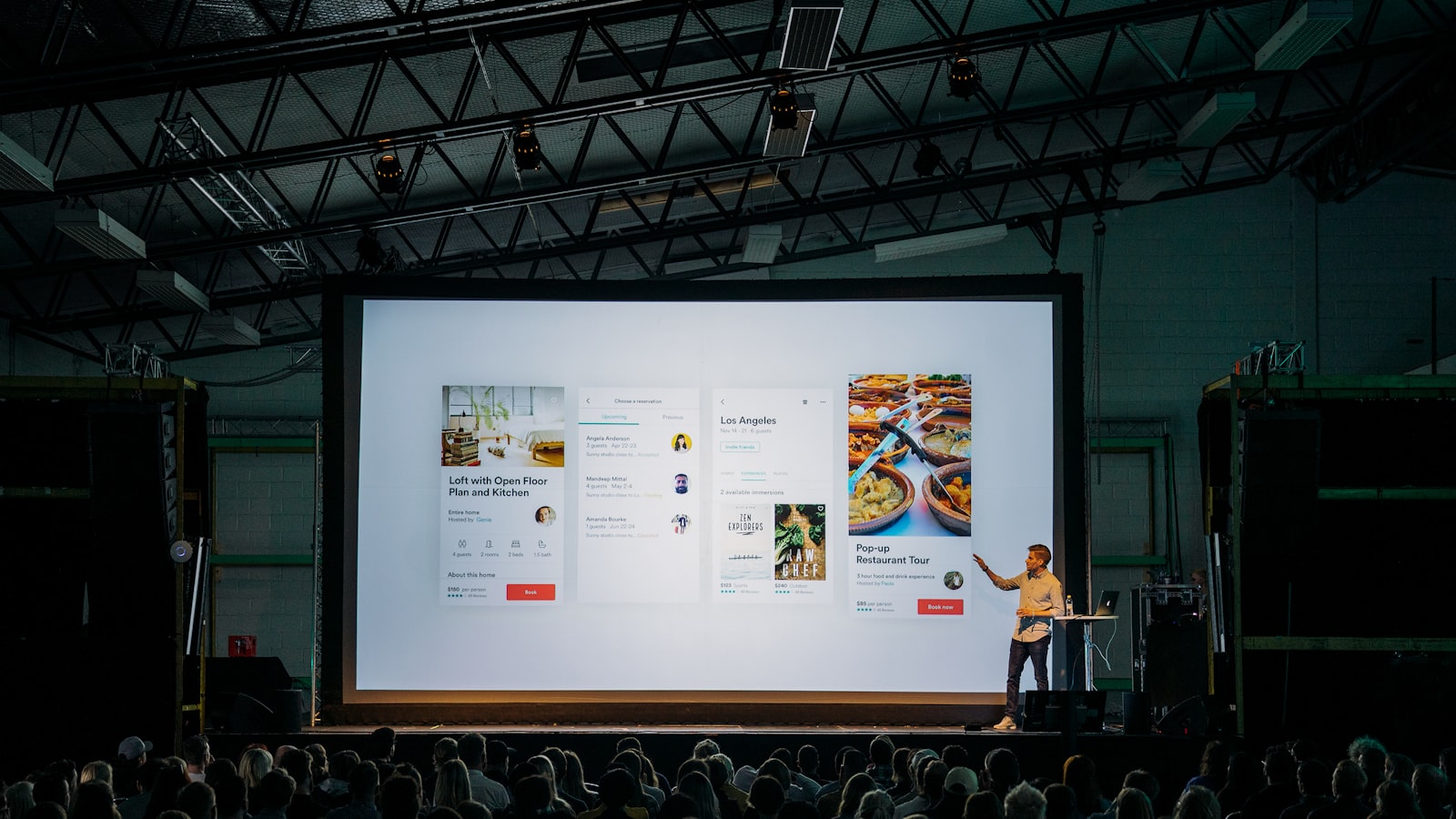In-House vs. Agency Marketing- Pros, Cons, and Key Considerations
In-House vs. Agency Marketing- Pros, Cons, and Key Considerations
In-House vs. Agency Marketing- Pros, Cons, and Key Considerations
Discover the pros, cons, and key considerations of in-house vs. agency marketing to determine the best fit for your business needs and goals.
Discover the pros, cons, and key considerations of in-house vs. agency marketing to determine the best fit for your business needs and goals.



Introduction
The Importance of Choosing the Right Marketing Approach
Ever feel like you're stuck in a should I stay or should I go moment, but for marketing? Deciding between in-house vs. agency marketing is a lot like choosing between cooking at home or ordering takeout. Both have their perks, but picking the wrong one can leave you with a bad taste in your mouth—or worse, a blown budget. This article will help you navigate the decision-making process with ease.
Overview of In-House vs. Agency Marketing
Welcome to the ultimate showdown: in-house vs. agency marketing. In one corner, you have the in-house team—your very own squad of marketing maestros. In the other corner, the agency—a group of external experts with a fresh perspective. We're here to break down the pros, cons, and key considerations of each option, so you can make the smartest choice for your business. Think of it as your marketing GPS, guiding you to the best route for success.
Understanding In-House Marketing
What is In-House Marketing?
In-house marketing involves building a dedicated marketing team within your organization. This team is responsible for all marketing activities, from strategy to execution, and works exclusively for your company. Unlike agencies, in-house teams are deeply integrated into the company’s culture and operations.
Pros of In-House Marketing
Brand Familiarity
One of the biggest advantages of in-house marketing is the team's intimate knowledge of the brand. Employees understand the company's products, values, and mission, which allows for more authentic and consistent messaging.
Accessibility and Communication
Having an in-house team means that communication is faster and more direct. You can walk over to a colleague's desk for a quick chat or hold impromptu meetings without the need for lengthy email threads or scheduled calls.
Focus and Control
In-house teams are solely focused on your company's marketing efforts. This focus ensures that all strategies and campaigns align perfectly with your business goals. Plus, you have greater control over the processes and can make adjustments on the fly.
Faster Execution
With everyone under one roof, decision-making and execution are quicker. There's no need to wait for an external agency to get back to you, which can significantly speed up project timelines.
Cons of In-House Marketing
Talent Recruitment and Employee Costs
Building an in-house team can be expensive. Recruiting top talent requires time and resources, and salaries, benefits, and training add to the costs. For tips on building a high-performing team, check out our guide on how to build a high-performing in-house marketing team.
Limited Expertise and Capabilities
In-house teams may lack the diverse skill sets that agencies offer. Agencies often have specialists in various fields, from SEO to graphic design, which can be hard to replicate internally.
Scalability and Flexibility Issues
Scaling an in-house team can be challenging. If your marketing needs suddenly increase, hiring new employees quickly isn't always feasible. Agencies, on the other hand, can scale their services up or down based on your requirements.
Employee Turnover
Employee turnover is another concern. Losing key team members can disrupt your marketing efforts and lead to gaps in expertise. Agencies typically have a larger pool of talent to draw from, minimizing this risk.

For more insights on structuring your marketing team, explore our article on successful B2B marketing team structures.
Understanding Agency Marketing
What is Agency Marketing?
Agency marketing involves outsourcing your marketing efforts to a specialized firm. These agencies offer a range of services, from market research and strategy development to execution and analysis. They act as an extension of your business, providing the expertise and resources necessary to achieve your marketing goals.
Pros of Agency Marketing
Access to Expertise and Diverse Specialties
Marketing agencies are staffed with professionals who specialize in various areas such as SEO, social media, content creation, and more. This diverse skill set can be a game-changer for businesses looking to leverage multiple marketing channels effectively.
Advanced Tools and Software
Agencies often have access to the latest marketing tools and software, which can be expensive for individual businesses to purchase. These tools can provide valuable insights, streamline processes, and enhance overall marketing performance.
Scalability and Flexibility
One of the significant advantages of agency marketing is its scalability. Whether you need to ramp up efforts for a product launch or scale down during off-peak seasons, agencies can adjust their services to meet your needs.
Cost-Effectiveness
While hiring an agency might seem costly upfront, it can be more economical in the long run. You save on employee salaries, benefits, and training costs. Plus, you get a team of experts working on your campaigns, potentially delivering better ROI.
Cons of Agency Marketing
Limited Control and Communication Challenges
Outsourcing your marketing means you have less control over day-to-day activities. Communication can also be a hurdle, especially if the agency is not local. Misunderstandings and delays can occur, affecting campaign timelines.
Multiple Clients and Prioritization Issues
Agencies juggle multiple clients simultaneously. This can sometimes lead to prioritization issues, where your projects might not get the immediate attention they need. It's crucial to set clear expectations and timelines.
Potential Misalignment with Brand Voice
Agencies might not fully grasp your brand's unique voice and culture initially. This can lead to content and messaging that don't quite hit the mark. Continuous collaboration and feedback are essential to align the agency's output with your brand identity.

For more insights on choosing the right marketing approach, check out our guide on selecting the best B2B PPC agency and our tips on choosing the best B2B marketing company.
Key Considerations When Choosing Between In-House and Agency Marketing
Budget and Cost Implications
When deciding between in-house and agency marketing, budget is a major factor. In-house teams often require significant upfront investment in salaries, benefits, and training. On the flip side, agencies typically operate on a retainer or project basis, which can be more predictable but may also add up over time. Consider your financial flexibility and whether you prefer ongoing operational costs or a more fixed budget.
Business Size and Marketing Needs
The size of your business and its marketing requirements play a crucial role. Smaller companies might find it challenging to justify the cost of a full in-house team, whereas larger organizations may benefit from the dedicated focus and brand alignment an in-house team offers. For businesses with diverse and extensive marketing needs, an agency's wide range of expertise can be invaluable.
Long-Term vs. Short-Term Goals
Your marketing goals—whether long-term or short-term—should influence your decision. In-house teams are ideal for long-term strategies where deep brand knowledge and consistency are key. Agencies, however, can be more effective for short-term campaigns that require quick execution and specialized skills. Align your choice with your business's strategic timeline.
Industry and Market Dynamics
Different industries have unique marketing challenges and dynamics. For instance, tech companies might benefit from agencies with specialized knowledge in digital marketing trends, while retail businesses might prefer the hands-on approach of an in-house team. Understanding your industry's specific needs can help you choose the right marketing approach.
Speed and Agility Requirements
The need for speed and agility in your marketing efforts can also dictate your choice. In-house teams can often pivot quickly and respond to market changes in real-time. Agencies, while highly skilled, may have longer turnaround times due to their multiple client commitments. Evaluate how quickly you need to execute campaigns and adapt to changes.

Hybrid Approach: Combining In-House and Agency Marketing
What is a Hybrid Marketing Approach?
A hybrid marketing approach blends the strengths of both in-house teams and agency partners. This model allows companies to leverage the deep brand knowledge of their in-house team while tapping into the specialized skills and innovative strategies of an agency. Essentially, it's about getting the best of both worlds.
Benefits of a Hybrid Approach
Flexibility and Scalability
One of the standout advantages of a hybrid approach is its flexibility and scalability. Companies can adjust their marketing efforts based on current needs and market conditions. Need to ramp up a campaign quickly? The agency can handle it. Want to maintain consistent brand messaging? Your in-house team has got it covered.
Access to a Broader Skill Set
By combining in-house and agency resources, businesses gain access to a broader range of skills. In-house teams bring intimate knowledge of the brand, while agencies offer specialized expertise in areas like SEO, PPC, and content marketing. This synergy ensures comprehensive and well-rounded marketing strategies.
Enhanced Creativity and Innovation
Agencies often work with multiple clients across various industries, bringing fresh perspectives and creative ideas to the table. This external input can spark innovation and drive more effective marketing campaigns. Meanwhile, the in-house team ensures these ideas align with the brand's voice and goals.
Challenges of a Hybrid Approach
Coordination and Communication
Managing a hybrid model requires seamless coordination and clear communication between the in-house team and the agency. Miscommunication can lead to duplicated efforts or missed opportunities. Establishing regular check-ins and using collaborative tools can help mitigate these issues.
Managing Multiple Teams
Balancing multiple teams can be a logistical challenge. It's crucial to define roles and responsibilities clearly to avoid confusion. A designated point of contact for both the in-house team and the agency can streamline processes and ensure everyone is on the same page.

For more insights on building a high-performing in-house marketing team, check out our detailed guide. If you're considering agency support, our article on selecting the best B2B PPC agency might be helpful.
Conclusion
Recap of Key Points
Deciding between in-house and agency marketing is no small feat. Here's a quick recap:
In-House Marketing: Offers brand familiarity, direct communication, control, and faster execution. However, it comes with challenges like talent recruitment, limited expertise, scalability issues, and employee turnover.
Agency Marketing: Provides access to diverse expertise, advanced tools, scalability, and cost-effectiveness. Yet, it may pose challenges in control, communication, client prioritization, and brand alignment.
Hybrid Approach: Combines the best of both worlds, offering flexibility, a broader skill set, and enhanced creativity. But it demands effective coordination and management of multiple teams.
Making the Right Choice for Your Business
Choosing the right marketing strategy depends on various factors:
Budget and Costs: Assess your financial capacity. In-house teams can be costly due to salaries and benefits, while agencies might offer a more cost-effective solution.
Business Size and Needs: Smaller businesses with limited needs might benefit more from agencies, whereas larger enterprises may find in-house teams more suitable.
Goals: Determine if your goals are short-term or long-term. Agencies can provide quick results, while in-house teams may be better for sustained efforts.
Industry Dynamics: Consider the competitiveness and pace of your industry. Agencies often have the latest tools and trends at their disposal.
Speed and Agility: If you need rapid execution, in-house teams might be quicker, but agencies can scale up swiftly when required.
Final Thoughts and Recommendations
Ultimately, the decision between in-house and agency marketing boils down to your specific needs and circumstances. Here are a few parting recommendations:
Building a High-Performing In-House Team: If you lean towards in-house, this guide will help you create a strong team.
Selecting the Best B2B PPC Agency: For those considering agencies, this article offers insights on choosing the right one.
Choosing the Best B2B Marketing Company: Another resource to help you make an informed decision.
Whether you opt for in-house, agency, or a hybrid approach, the key is to align your choice with your business goals and resources. Remember, there's no one-size-fits-all solution. Adapt, experiment, and find what works best for your unique situation.

Introduction
The Importance of Choosing the Right Marketing Approach
Ever feel like you're stuck in a should I stay or should I go moment, but for marketing? Deciding between in-house vs. agency marketing is a lot like choosing between cooking at home or ordering takeout. Both have their perks, but picking the wrong one can leave you with a bad taste in your mouth—or worse, a blown budget. This article will help you navigate the decision-making process with ease.
Overview of In-House vs. Agency Marketing
Welcome to the ultimate showdown: in-house vs. agency marketing. In one corner, you have the in-house team—your very own squad of marketing maestros. In the other corner, the agency—a group of external experts with a fresh perspective. We're here to break down the pros, cons, and key considerations of each option, so you can make the smartest choice for your business. Think of it as your marketing GPS, guiding you to the best route for success.
Understanding In-House Marketing
What is In-House Marketing?
In-house marketing involves building a dedicated marketing team within your organization. This team is responsible for all marketing activities, from strategy to execution, and works exclusively for your company. Unlike agencies, in-house teams are deeply integrated into the company’s culture and operations.
Pros of In-House Marketing
Brand Familiarity
One of the biggest advantages of in-house marketing is the team's intimate knowledge of the brand. Employees understand the company's products, values, and mission, which allows for more authentic and consistent messaging.
Accessibility and Communication
Having an in-house team means that communication is faster and more direct. You can walk over to a colleague's desk for a quick chat or hold impromptu meetings without the need for lengthy email threads or scheduled calls.
Focus and Control
In-house teams are solely focused on your company's marketing efforts. This focus ensures that all strategies and campaigns align perfectly with your business goals. Plus, you have greater control over the processes and can make adjustments on the fly.
Faster Execution
With everyone under one roof, decision-making and execution are quicker. There's no need to wait for an external agency to get back to you, which can significantly speed up project timelines.
Cons of In-House Marketing
Talent Recruitment and Employee Costs
Building an in-house team can be expensive. Recruiting top talent requires time and resources, and salaries, benefits, and training add to the costs. For tips on building a high-performing team, check out our guide on how to build a high-performing in-house marketing team.
Limited Expertise and Capabilities
In-house teams may lack the diverse skill sets that agencies offer. Agencies often have specialists in various fields, from SEO to graphic design, which can be hard to replicate internally.
Scalability and Flexibility Issues
Scaling an in-house team can be challenging. If your marketing needs suddenly increase, hiring new employees quickly isn't always feasible. Agencies, on the other hand, can scale their services up or down based on your requirements.
Employee Turnover
Employee turnover is another concern. Losing key team members can disrupt your marketing efforts and lead to gaps in expertise. Agencies typically have a larger pool of talent to draw from, minimizing this risk.

For more insights on structuring your marketing team, explore our article on successful B2B marketing team structures.
Understanding Agency Marketing
What is Agency Marketing?
Agency marketing involves outsourcing your marketing efforts to a specialized firm. These agencies offer a range of services, from market research and strategy development to execution and analysis. They act as an extension of your business, providing the expertise and resources necessary to achieve your marketing goals.
Pros of Agency Marketing
Access to Expertise and Diverse Specialties
Marketing agencies are staffed with professionals who specialize in various areas such as SEO, social media, content creation, and more. This diverse skill set can be a game-changer for businesses looking to leverage multiple marketing channels effectively.
Advanced Tools and Software
Agencies often have access to the latest marketing tools and software, which can be expensive for individual businesses to purchase. These tools can provide valuable insights, streamline processes, and enhance overall marketing performance.
Scalability and Flexibility
One of the significant advantages of agency marketing is its scalability. Whether you need to ramp up efforts for a product launch or scale down during off-peak seasons, agencies can adjust their services to meet your needs.
Cost-Effectiveness
While hiring an agency might seem costly upfront, it can be more economical in the long run. You save on employee salaries, benefits, and training costs. Plus, you get a team of experts working on your campaigns, potentially delivering better ROI.
Cons of Agency Marketing
Limited Control and Communication Challenges
Outsourcing your marketing means you have less control over day-to-day activities. Communication can also be a hurdle, especially if the agency is not local. Misunderstandings and delays can occur, affecting campaign timelines.
Multiple Clients and Prioritization Issues
Agencies juggle multiple clients simultaneously. This can sometimes lead to prioritization issues, where your projects might not get the immediate attention they need. It's crucial to set clear expectations and timelines.
Potential Misalignment with Brand Voice
Agencies might not fully grasp your brand's unique voice and culture initially. This can lead to content and messaging that don't quite hit the mark. Continuous collaboration and feedback are essential to align the agency's output with your brand identity.

For more insights on choosing the right marketing approach, check out our guide on selecting the best B2B PPC agency and our tips on choosing the best B2B marketing company.
Key Considerations When Choosing Between In-House and Agency Marketing
Budget and Cost Implications
When deciding between in-house and agency marketing, budget is a major factor. In-house teams often require significant upfront investment in salaries, benefits, and training. On the flip side, agencies typically operate on a retainer or project basis, which can be more predictable but may also add up over time. Consider your financial flexibility and whether you prefer ongoing operational costs or a more fixed budget.
Business Size and Marketing Needs
The size of your business and its marketing requirements play a crucial role. Smaller companies might find it challenging to justify the cost of a full in-house team, whereas larger organizations may benefit from the dedicated focus and brand alignment an in-house team offers. For businesses with diverse and extensive marketing needs, an agency's wide range of expertise can be invaluable.
Long-Term vs. Short-Term Goals
Your marketing goals—whether long-term or short-term—should influence your decision. In-house teams are ideal for long-term strategies where deep brand knowledge and consistency are key. Agencies, however, can be more effective for short-term campaigns that require quick execution and specialized skills. Align your choice with your business's strategic timeline.
Industry and Market Dynamics
Different industries have unique marketing challenges and dynamics. For instance, tech companies might benefit from agencies with specialized knowledge in digital marketing trends, while retail businesses might prefer the hands-on approach of an in-house team. Understanding your industry's specific needs can help you choose the right marketing approach.
Speed and Agility Requirements
The need for speed and agility in your marketing efforts can also dictate your choice. In-house teams can often pivot quickly and respond to market changes in real-time. Agencies, while highly skilled, may have longer turnaround times due to their multiple client commitments. Evaluate how quickly you need to execute campaigns and adapt to changes.

Hybrid Approach: Combining In-House and Agency Marketing
What is a Hybrid Marketing Approach?
A hybrid marketing approach blends the strengths of both in-house teams and agency partners. This model allows companies to leverage the deep brand knowledge of their in-house team while tapping into the specialized skills and innovative strategies of an agency. Essentially, it's about getting the best of both worlds.
Benefits of a Hybrid Approach
Flexibility and Scalability
One of the standout advantages of a hybrid approach is its flexibility and scalability. Companies can adjust their marketing efforts based on current needs and market conditions. Need to ramp up a campaign quickly? The agency can handle it. Want to maintain consistent brand messaging? Your in-house team has got it covered.
Access to a Broader Skill Set
By combining in-house and agency resources, businesses gain access to a broader range of skills. In-house teams bring intimate knowledge of the brand, while agencies offer specialized expertise in areas like SEO, PPC, and content marketing. This synergy ensures comprehensive and well-rounded marketing strategies.
Enhanced Creativity and Innovation
Agencies often work with multiple clients across various industries, bringing fresh perspectives and creative ideas to the table. This external input can spark innovation and drive more effective marketing campaigns. Meanwhile, the in-house team ensures these ideas align with the brand's voice and goals.
Challenges of a Hybrid Approach
Coordination and Communication
Managing a hybrid model requires seamless coordination and clear communication between the in-house team and the agency. Miscommunication can lead to duplicated efforts or missed opportunities. Establishing regular check-ins and using collaborative tools can help mitigate these issues.
Managing Multiple Teams
Balancing multiple teams can be a logistical challenge. It's crucial to define roles and responsibilities clearly to avoid confusion. A designated point of contact for both the in-house team and the agency can streamline processes and ensure everyone is on the same page.

For more insights on building a high-performing in-house marketing team, check out our detailed guide. If you're considering agency support, our article on selecting the best B2B PPC agency might be helpful.
Conclusion
Recap of Key Points
Deciding between in-house and agency marketing is no small feat. Here's a quick recap:
In-House Marketing: Offers brand familiarity, direct communication, control, and faster execution. However, it comes with challenges like talent recruitment, limited expertise, scalability issues, and employee turnover.
Agency Marketing: Provides access to diverse expertise, advanced tools, scalability, and cost-effectiveness. Yet, it may pose challenges in control, communication, client prioritization, and brand alignment.
Hybrid Approach: Combines the best of both worlds, offering flexibility, a broader skill set, and enhanced creativity. But it demands effective coordination and management of multiple teams.
Making the Right Choice for Your Business
Choosing the right marketing strategy depends on various factors:
Budget and Costs: Assess your financial capacity. In-house teams can be costly due to salaries and benefits, while agencies might offer a more cost-effective solution.
Business Size and Needs: Smaller businesses with limited needs might benefit more from agencies, whereas larger enterprises may find in-house teams more suitable.
Goals: Determine if your goals are short-term or long-term. Agencies can provide quick results, while in-house teams may be better for sustained efforts.
Industry Dynamics: Consider the competitiveness and pace of your industry. Agencies often have the latest tools and trends at their disposal.
Speed and Agility: If you need rapid execution, in-house teams might be quicker, but agencies can scale up swiftly when required.
Final Thoughts and Recommendations
Ultimately, the decision between in-house and agency marketing boils down to your specific needs and circumstances. Here are a few parting recommendations:
Building a High-Performing In-House Team: If you lean towards in-house, this guide will help you create a strong team.
Selecting the Best B2B PPC Agency: For those considering agencies, this article offers insights on choosing the right one.
Choosing the Best B2B Marketing Company: Another resource to help you make an informed decision.
Whether you opt for in-house, agency, or a hybrid approach, the key is to align your choice with your business goals and resources. Remember, there's no one-size-fits-all solution. Adapt, experiment, and find what works best for your unique situation.

Introduction
The Importance of Choosing the Right Marketing Approach
Ever feel like you're stuck in a should I stay or should I go moment, but for marketing? Deciding between in-house vs. agency marketing is a lot like choosing between cooking at home or ordering takeout. Both have their perks, but picking the wrong one can leave you with a bad taste in your mouth—or worse, a blown budget. This article will help you navigate the decision-making process with ease.
Overview of In-House vs. Agency Marketing
Welcome to the ultimate showdown: in-house vs. agency marketing. In one corner, you have the in-house team—your very own squad of marketing maestros. In the other corner, the agency—a group of external experts with a fresh perspective. We're here to break down the pros, cons, and key considerations of each option, so you can make the smartest choice for your business. Think of it as your marketing GPS, guiding you to the best route for success.
Understanding In-House Marketing
What is In-House Marketing?
In-house marketing involves building a dedicated marketing team within your organization. This team is responsible for all marketing activities, from strategy to execution, and works exclusively for your company. Unlike agencies, in-house teams are deeply integrated into the company’s culture and operations.
Pros of In-House Marketing
Brand Familiarity
One of the biggest advantages of in-house marketing is the team's intimate knowledge of the brand. Employees understand the company's products, values, and mission, which allows for more authentic and consistent messaging.
Accessibility and Communication
Having an in-house team means that communication is faster and more direct. You can walk over to a colleague's desk for a quick chat or hold impromptu meetings without the need for lengthy email threads or scheduled calls.
Focus and Control
In-house teams are solely focused on your company's marketing efforts. This focus ensures that all strategies and campaigns align perfectly with your business goals. Plus, you have greater control over the processes and can make adjustments on the fly.
Faster Execution
With everyone under one roof, decision-making and execution are quicker. There's no need to wait for an external agency to get back to you, which can significantly speed up project timelines.
Cons of In-House Marketing
Talent Recruitment and Employee Costs
Building an in-house team can be expensive. Recruiting top talent requires time and resources, and salaries, benefits, and training add to the costs. For tips on building a high-performing team, check out our guide on how to build a high-performing in-house marketing team.
Limited Expertise and Capabilities
In-house teams may lack the diverse skill sets that agencies offer. Agencies often have specialists in various fields, from SEO to graphic design, which can be hard to replicate internally.
Scalability and Flexibility Issues
Scaling an in-house team can be challenging. If your marketing needs suddenly increase, hiring new employees quickly isn't always feasible. Agencies, on the other hand, can scale their services up or down based on your requirements.
Employee Turnover
Employee turnover is another concern. Losing key team members can disrupt your marketing efforts and lead to gaps in expertise. Agencies typically have a larger pool of talent to draw from, minimizing this risk.

For more insights on structuring your marketing team, explore our article on successful B2B marketing team structures.
Understanding Agency Marketing
What is Agency Marketing?
Agency marketing involves outsourcing your marketing efforts to a specialized firm. These agencies offer a range of services, from market research and strategy development to execution and analysis. They act as an extension of your business, providing the expertise and resources necessary to achieve your marketing goals.
Pros of Agency Marketing
Access to Expertise and Diverse Specialties
Marketing agencies are staffed with professionals who specialize in various areas such as SEO, social media, content creation, and more. This diverse skill set can be a game-changer for businesses looking to leverage multiple marketing channels effectively.
Advanced Tools and Software
Agencies often have access to the latest marketing tools and software, which can be expensive for individual businesses to purchase. These tools can provide valuable insights, streamline processes, and enhance overall marketing performance.
Scalability and Flexibility
One of the significant advantages of agency marketing is its scalability. Whether you need to ramp up efforts for a product launch or scale down during off-peak seasons, agencies can adjust their services to meet your needs.
Cost-Effectiveness
While hiring an agency might seem costly upfront, it can be more economical in the long run. You save on employee salaries, benefits, and training costs. Plus, you get a team of experts working on your campaigns, potentially delivering better ROI.
Cons of Agency Marketing
Limited Control and Communication Challenges
Outsourcing your marketing means you have less control over day-to-day activities. Communication can also be a hurdle, especially if the agency is not local. Misunderstandings and delays can occur, affecting campaign timelines.
Multiple Clients and Prioritization Issues
Agencies juggle multiple clients simultaneously. This can sometimes lead to prioritization issues, where your projects might not get the immediate attention they need. It's crucial to set clear expectations and timelines.
Potential Misalignment with Brand Voice
Agencies might not fully grasp your brand's unique voice and culture initially. This can lead to content and messaging that don't quite hit the mark. Continuous collaboration and feedback are essential to align the agency's output with your brand identity.

For more insights on choosing the right marketing approach, check out our guide on selecting the best B2B PPC agency and our tips on choosing the best B2B marketing company.
Key Considerations When Choosing Between In-House and Agency Marketing
Budget and Cost Implications
When deciding between in-house and agency marketing, budget is a major factor. In-house teams often require significant upfront investment in salaries, benefits, and training. On the flip side, agencies typically operate on a retainer or project basis, which can be more predictable but may also add up over time. Consider your financial flexibility and whether you prefer ongoing operational costs or a more fixed budget.
Business Size and Marketing Needs
The size of your business and its marketing requirements play a crucial role. Smaller companies might find it challenging to justify the cost of a full in-house team, whereas larger organizations may benefit from the dedicated focus and brand alignment an in-house team offers. For businesses with diverse and extensive marketing needs, an agency's wide range of expertise can be invaluable.
Long-Term vs. Short-Term Goals
Your marketing goals—whether long-term or short-term—should influence your decision. In-house teams are ideal for long-term strategies where deep brand knowledge and consistency are key. Agencies, however, can be more effective for short-term campaigns that require quick execution and specialized skills. Align your choice with your business's strategic timeline.
Industry and Market Dynamics
Different industries have unique marketing challenges and dynamics. For instance, tech companies might benefit from agencies with specialized knowledge in digital marketing trends, while retail businesses might prefer the hands-on approach of an in-house team. Understanding your industry's specific needs can help you choose the right marketing approach.
Speed and Agility Requirements
The need for speed and agility in your marketing efforts can also dictate your choice. In-house teams can often pivot quickly and respond to market changes in real-time. Agencies, while highly skilled, may have longer turnaround times due to their multiple client commitments. Evaluate how quickly you need to execute campaigns and adapt to changes.

Hybrid Approach: Combining In-House and Agency Marketing
What is a Hybrid Marketing Approach?
A hybrid marketing approach blends the strengths of both in-house teams and agency partners. This model allows companies to leverage the deep brand knowledge of their in-house team while tapping into the specialized skills and innovative strategies of an agency. Essentially, it's about getting the best of both worlds.
Benefits of a Hybrid Approach
Flexibility and Scalability
One of the standout advantages of a hybrid approach is its flexibility and scalability. Companies can adjust their marketing efforts based on current needs and market conditions. Need to ramp up a campaign quickly? The agency can handle it. Want to maintain consistent brand messaging? Your in-house team has got it covered.
Access to a Broader Skill Set
By combining in-house and agency resources, businesses gain access to a broader range of skills. In-house teams bring intimate knowledge of the brand, while agencies offer specialized expertise in areas like SEO, PPC, and content marketing. This synergy ensures comprehensive and well-rounded marketing strategies.
Enhanced Creativity and Innovation
Agencies often work with multiple clients across various industries, bringing fresh perspectives and creative ideas to the table. This external input can spark innovation and drive more effective marketing campaigns. Meanwhile, the in-house team ensures these ideas align with the brand's voice and goals.
Challenges of a Hybrid Approach
Coordination and Communication
Managing a hybrid model requires seamless coordination and clear communication between the in-house team and the agency. Miscommunication can lead to duplicated efforts or missed opportunities. Establishing regular check-ins and using collaborative tools can help mitigate these issues.
Managing Multiple Teams
Balancing multiple teams can be a logistical challenge. It's crucial to define roles and responsibilities clearly to avoid confusion. A designated point of contact for both the in-house team and the agency can streamline processes and ensure everyone is on the same page.

For more insights on building a high-performing in-house marketing team, check out our detailed guide. If you're considering agency support, our article on selecting the best B2B PPC agency might be helpful.
Conclusion
Recap of Key Points
Deciding between in-house and agency marketing is no small feat. Here's a quick recap:
In-House Marketing: Offers brand familiarity, direct communication, control, and faster execution. However, it comes with challenges like talent recruitment, limited expertise, scalability issues, and employee turnover.
Agency Marketing: Provides access to diverse expertise, advanced tools, scalability, and cost-effectiveness. Yet, it may pose challenges in control, communication, client prioritization, and brand alignment.
Hybrid Approach: Combines the best of both worlds, offering flexibility, a broader skill set, and enhanced creativity. But it demands effective coordination and management of multiple teams.
Making the Right Choice for Your Business
Choosing the right marketing strategy depends on various factors:
Budget and Costs: Assess your financial capacity. In-house teams can be costly due to salaries and benefits, while agencies might offer a more cost-effective solution.
Business Size and Needs: Smaller businesses with limited needs might benefit more from agencies, whereas larger enterprises may find in-house teams more suitable.
Goals: Determine if your goals are short-term or long-term. Agencies can provide quick results, while in-house teams may be better for sustained efforts.
Industry Dynamics: Consider the competitiveness and pace of your industry. Agencies often have the latest tools and trends at their disposal.
Speed and Agility: If you need rapid execution, in-house teams might be quicker, but agencies can scale up swiftly when required.
Final Thoughts and Recommendations
Ultimately, the decision between in-house and agency marketing boils down to your specific needs and circumstances. Here are a few parting recommendations:
Building a High-Performing In-House Team: If you lean towards in-house, this guide will help you create a strong team.
Selecting the Best B2B PPC Agency: For those considering agencies, this article offers insights on choosing the right one.
Choosing the Best B2B Marketing Company: Another resource to help you make an informed decision.
Whether you opt for in-house, agency, or a hybrid approach, the key is to align your choice with your business goals and resources. Remember, there's no one-size-fits-all solution. Adapt, experiment, and find what works best for your unique situation.

Need help with SEO?
Need help with SEO?
Need help with SEO?
Join our 5-day free course on how to use AI to get more traffic to your website!
Explode your organic traffic and generate red-hot leads without spending a fortune on ads
Claim the top spot on search rankings for the most lucrative keywords in your industry
Cement your position as the undisputed authority in your niche, fostering unshakable trust and loyalty
Skyrocket your conversion rates and revenue with irresistible, customer-centric content
Conquer untapped markets and expand your reach by seizing hidden keyword opportunities
Liberate your time and resources from tedious content tasks, so you can focus on scaling your business
Gain laser-sharp insights into your ideal customers' minds, enabling you to create products and content they can't resist
Harness the power of data-driven decision-making to optimize your marketing for maximum impact
Achieve unstoppable, long-term organic growth without being held hostage by algorithm updates or ad costs
Stay light-years ahead of the competition by leveraging cutting-edge AI to adapt to any market shift or customer trend
Explode your organic traffic and generate red-hot leads without spending a fortune on ads
Claim the top spot on search rankings for the most lucrative keywords in your industry
Cement your position as the undisputed authority in your niche, fostering unshakable trust and loyalty
Skyrocket your conversion rates and revenue with irresistible, customer-centric content
Conquer untapped markets and expand your reach by seizing hidden keyword opportunities
Liberate your time and resources from tedious content tasks, so you can focus on scaling your business
Gain laser-sharp insights into your ideal customers' minds, enabling you to create products and content they can't resist
Harness the power of data-driven decision-making to optimize your marketing for maximum impact
Achieve unstoppable, long-term organic growth without being held hostage by algorithm updates or ad costs
Stay light-years ahead of the competition by leveraging cutting-edge AI to adapt to any market shift or customer trend
Explode your organic traffic and generate red-hot leads without spending a fortune on ads
Claim the top spot on search rankings for the most lucrative keywords in your industry
Cement your position as the undisputed authority in your niche, fostering unshakable trust and loyalty
Skyrocket your conversion rates and revenue with irresistible, customer-centric content
Conquer untapped markets and expand your reach by seizing hidden keyword opportunities
Liberate your time and resources from tedious content tasks, so you can focus on scaling your business
Gain laser-sharp insights into your ideal customers' minds, enabling you to create products and content they can't resist
Harness the power of data-driven decision-making to optimize your marketing for maximum impact
Achieve unstoppable, long-term organic growth without being held hostage by algorithm updates or ad costs
Stay light-years ahead of the competition by leveraging cutting-edge AI to adapt to any market shift or customer trend
